We love our pets—68 percent of U.S. households, about 85 million families, have at least one pet, mainly dogs and cats, according to the American Pet Products Association. In 2018, Americans are projected to spend more than $70 billion on their pets, slightly more than in 2017.
When our beloved furry companions develop health problems, it can be difficult to know whether or not to pursue treatment for chronic conditions, which can mean subjecting dogs and cats to medical interventions that can severely impact their quality of life. Just like humans, cats and dogs develop issues as they grow and age.
The good news is that products containing CBD—cannabidiol, a natural compound found in the hemp plant—can help our furry friends in many of the same ways they help humans.
Read on to find out what CBD is, what scientific research says about it, and most importantly, how it may help your pets enjoy better health.
What Is CBD?
CBD, or cannabidiol, is a natural substance in the hemp plant, a subtype of the plant commonly known as Cannabis sativa. (Yes, as in marijuana.)
However, only one subtype of Cannabis sativa is rich in THC (tetrahydrocannibinol) and produces the “high” associated with marijuana. The hemp plant, which is a different subtype, is rich in CBD with only trace, if any, amounts of THC. Both have shown some health benefits, but CBD products can provide the health benefits without the feeling of being high. This is especially important in cats and dogs, as THC can be toxic to their systems and may require veterinary intervention if consumed.
Like human beings and all mammals, cats and dogs have an endocannabinoid system that helps regulate their perception of aches, cravings, memory, and other functions. An animal’s body naturally produces compounds called endocannabinoids, which bind to cannabinoid receptors in the brain and the immune system. The presence of CBD is believed to help facilitate this binding action, which is critical to easing discomfort, tenderness, and other problems, as well as regulating cyclical processes such as sleep.
Unlike marijuana, which is usually smoked, CBD is typically available in oil form and is consumed, vaped, or applied topically to the skin. Many edible and topical CBD-rich products are on the market for both human and animal use, although your veterinarian may not recommend them. (More on this issue later in this article.)
Try our: Bacon Flavored CBD Oil For Dogs
For a much more in-depth, science-heavy explanation of what CBD is—and what it isn’t—check out our article, “Is CBD Right for Me?”
What Science Tells Us About CBD for Pets
The first and most important thing to note is that THC, the active ingredient in cannabis, is not safe to give dogs and cats, especially in the concentration levels meant for humans, who are much larger creatures!
CBD, on the other hand, in appropriate dosages, is showing promise in the holistic treatment of common dog and cat maladies, chronic aches, digestive issues, and tenderness and nausea. In addition to its usefulness as an intervention for health problems, CBD also shows promise in dealing with cats and dogs’ behavioral or emotional issues, such as separation fear, poor craving, aggression toward other animals, and excessive fear of loud noises and other stimuli.
Not much formal research into CBD specifically for dogs and cats yet exists, but the body of knowledge in this area is growing. (Many cannabis trials on animals have been conducted for the purposes of investigating CBD’s potential human benefits, but typically this research has been done on rats.)
One of the only things on which all experts agree is that more research in the area of animals and CBD is needed.
“Cannabidiol (CBD)-infused pet treats are becoming a huge market for pet owners as they turn to this supplement for a non-traditional therapeutic option,” say the authors of “Cannabinoid treats as adjunctive therapy for pets: gaps in our knowledge,” published in 2018 in the journal Toxicology Communications. “However, CBD's short-term or long-term effects on companion animals remain largely unknown.”
In general, CBD’s benefits to humans also appear to extend to dogs and cats—aches, uneasiness, sleeplessness, and other issues usually respond to CBD treatment regardless of species. The dosing will be much lower, but the benefits will be similar: reduced aches, eased uneasiness, and better sleep and cravings, for example.
CBD for Animals in discomfort
Most animals, like humans, will experience some level of chronic discomfort as they age, and CBD can be a good way to manage it without the use of drugs, which can have multiple negative side effects.
In “Pharmacokinetics, Safety, and Clinical Efficacy of Cannabidiol Treatment in Osteoarthritic Dogs,” published in Frontiers in Veterinary Science in 2018, researchers gave dogs suffering from osteoarthritis doses of a CBD-enriched oil, with a control group receiving a placebo oil, every 12 hours. In the CBD group, dogs experienced a significant decrease in discomfort, and an increase in their activity level.
“This pharmacokinetic and clinical study suggests that 2 mg/kg of CBD twice daily can help increase comfort and activity in dogs with OA,” the researchers concluded.
Other clinical trials are currently in progress. For example, two studies, one at Colorado State University and one at Auburn University, will examine the effectiveness of CBD on shaking in dogs. And in August, a cannabis company in Canada announced it had gotten approval to conduct clinical trials of CBD to address uneasiness in animals.
The volume of formal research on CBD is growing quickly and showing therapeutic promise for the treatment of a variety of canine and feline illnesses and health conditions, as well as for animals’ general well-being.
CBD Products for Your Pet
Anyone who has ever tried to give medication to a dog or cat knows that administering prescription drugs to an animal can be very challenging. CBD oil, in appropriate dosages, can be added to dogs’ and cats’ food or water. For example, ERTHHEMP’s Pet Drops suggests 2 drops per 10 pounds of pet, and lists the concentration of CBD at just above 4 milligrams per serving. The bacon flavor makes this preparation ideal for blending into animals’ food or water.
Many pet-specific CBD edibles, such as dog biscuits and cat treats, are becoming available on the market, which makes giving CBD to your pet a much simpler proposition. (In fact, you may have to be careful that your furry family member doesn’t help him or herself to extras—it’s important to keep all CBD edibles secure and out of reach to avoid accidental overdosing.)
Like CBD oil, CBD edibles will contain varying concentrations of CBD, so it is important to find out how much CBD is in an edible before giving it to your pet. Just as you would if you were taking CBD yourself, you should begin with a small dose and observe the effects. It’s also critical to speak with your veterinarian about dosing, especially if your pet has a serious medical condition or is taking prescription drugs of any kind.
Talk to Your Vet
As more states legalize cannabis products for medical or recreational use, more people are asking their veterinarians if the same products they themselves take can also work for their pets. This is typically a legal gray area, and in many states vets are prohibited from recommending cannabis-related treatment options for animals, even though they may be legal for humans.
Vets’ opinions about cannabis products for dogs and cats may vary. Some may not want to suggest these products due to the small amount of research that has been done on them thus far, while others may be concerned about legal issues surrounding prescribing CBD, if you are not in a state where medical cannabis is allowed.
In some states, notably New York, California, and Nevada, legislation is in progress that seeks to make it legal for vets to discuss cannabis treatments with pet owners. While many states have legalized marijuana for human use, laws surrounding animal use of cannabis products are still in early stages.
Fetch Some CBD!
Just like their human caretakers, cats and dogs may develop acute or chronic health problems, especially as they grow older. Natural products containing CBD show promise for helping our furry friends deal with these issues without loading them up on prescription drugs.
Taken in tandem with a lifestyle involving high-quality food, healthy interactions with humans, and regular veterinary care, CBD has the potential to become a regular part of enhancing pets’ well-being.




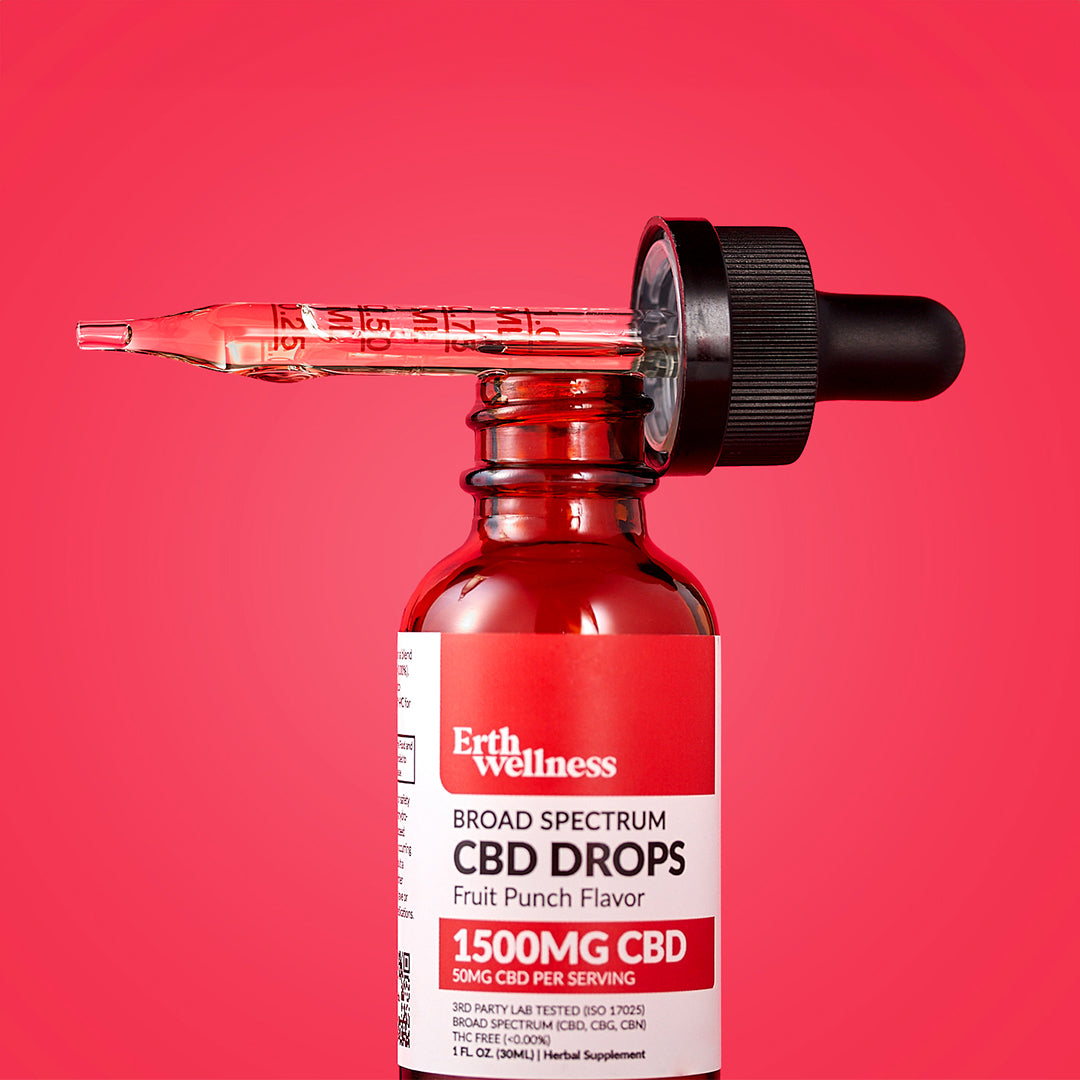
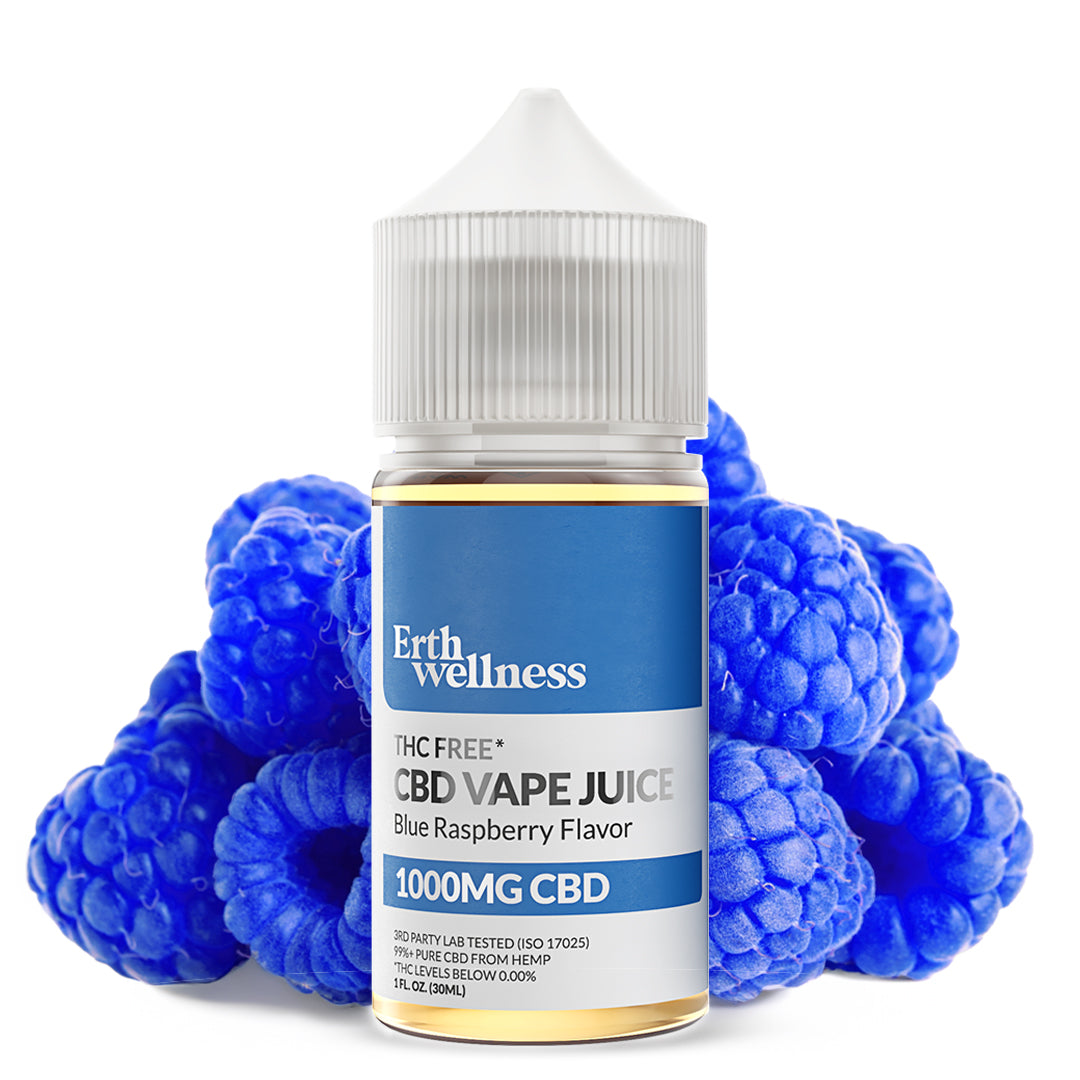
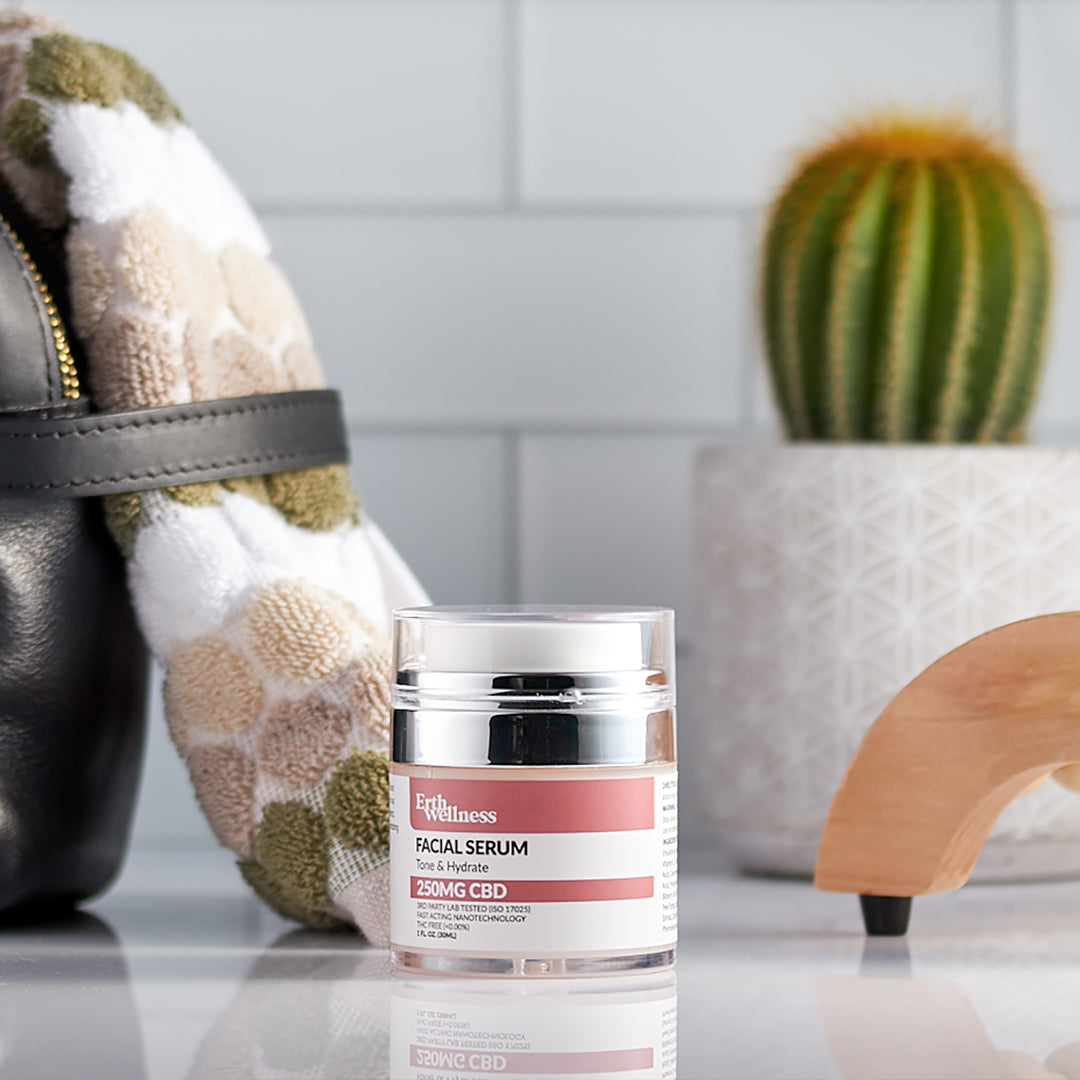
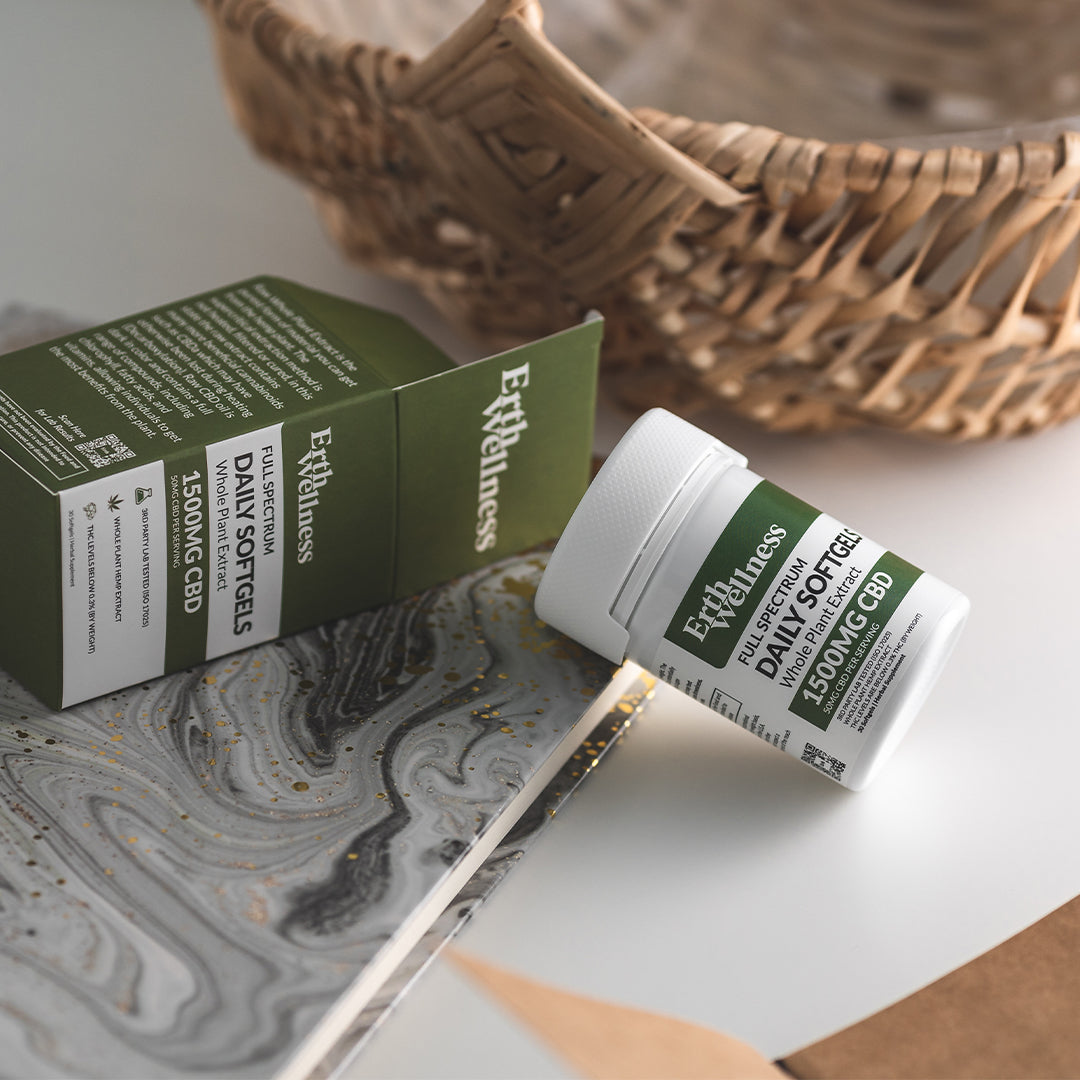











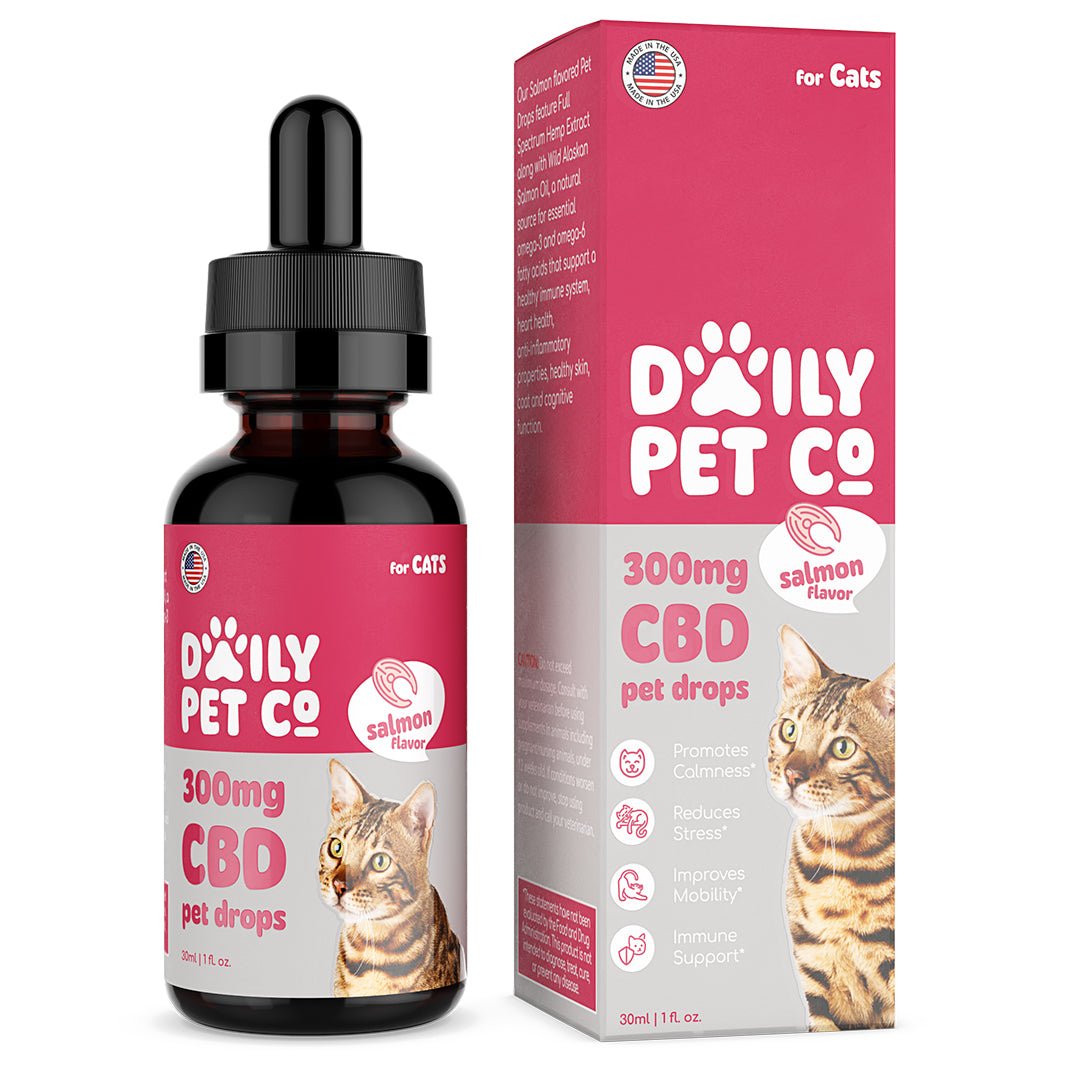
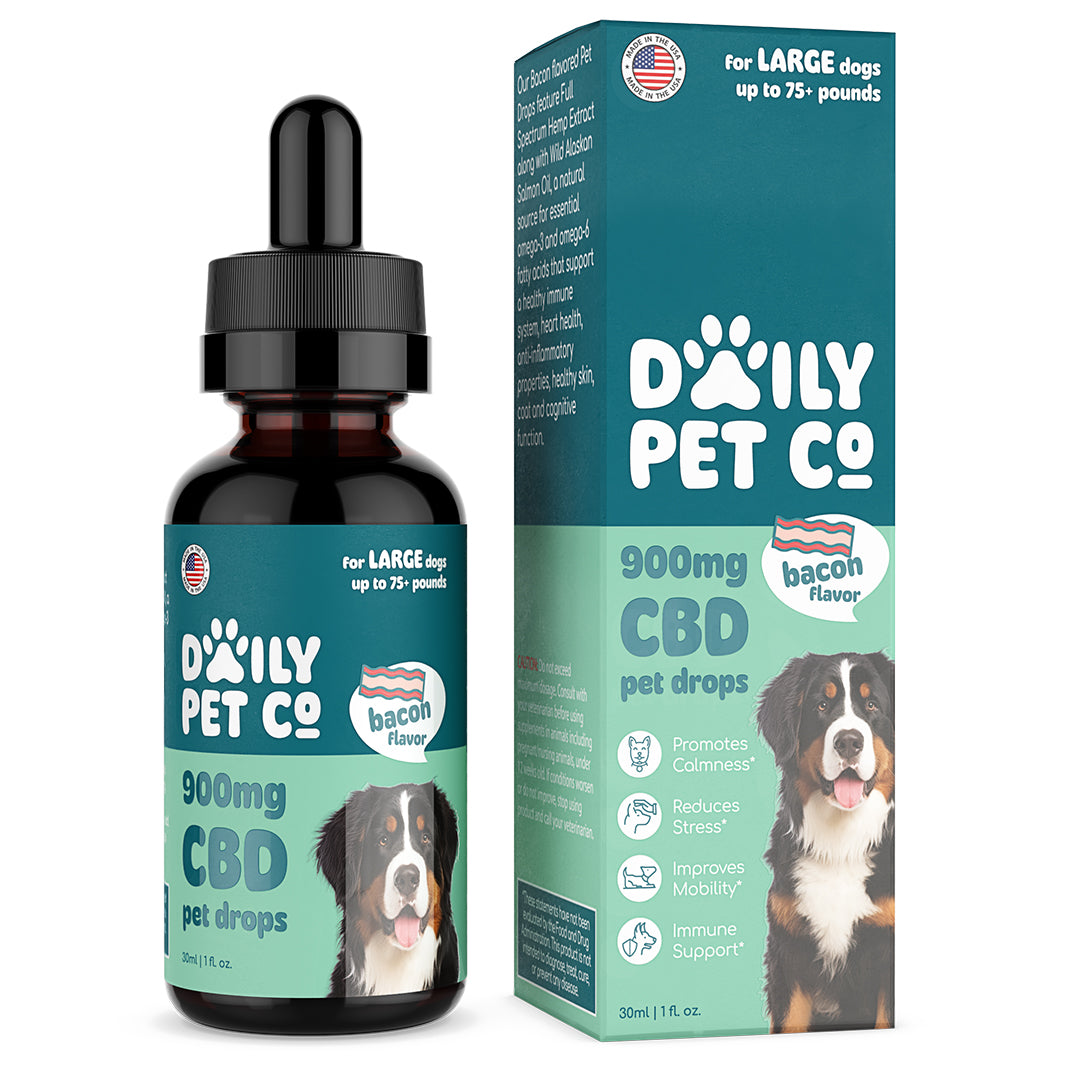







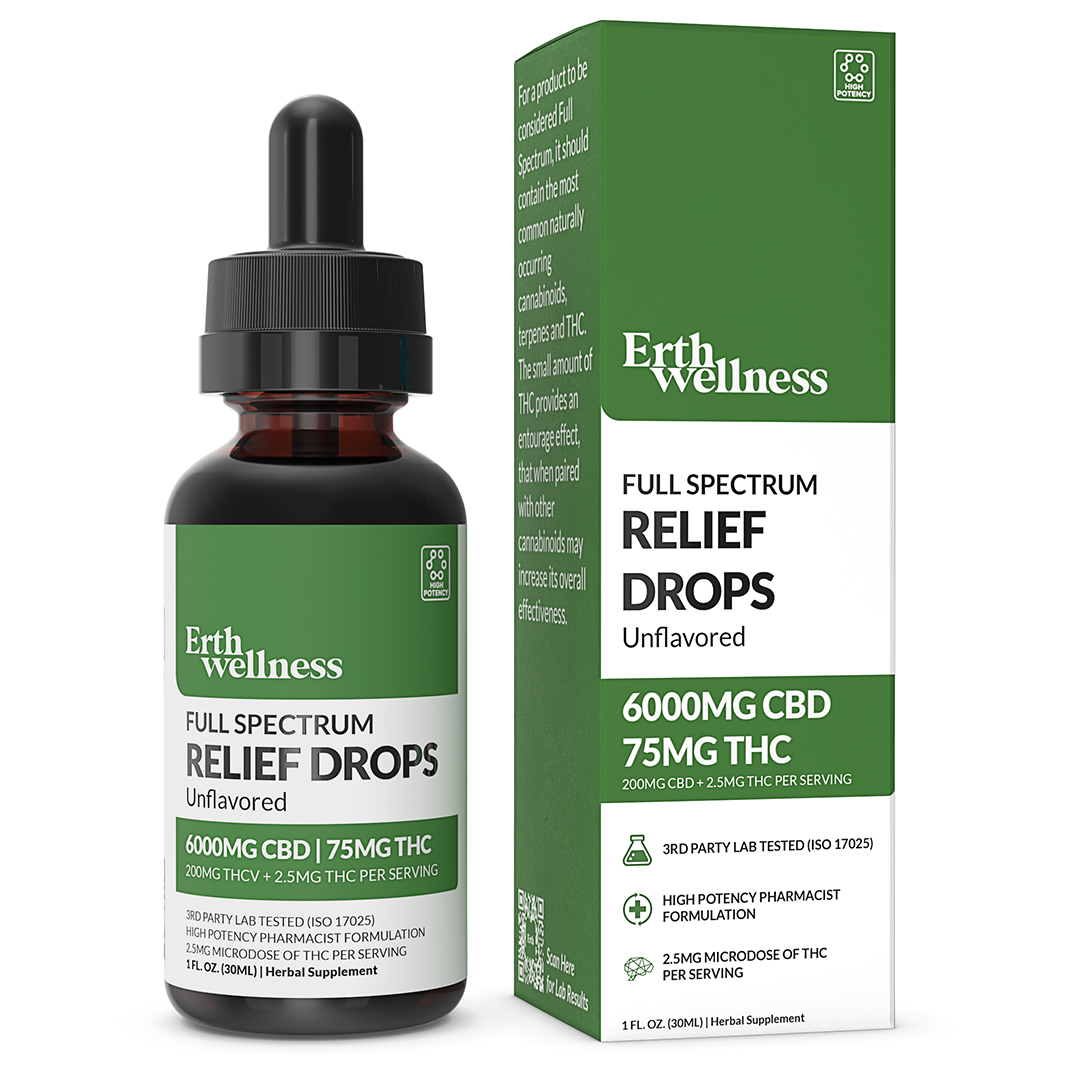
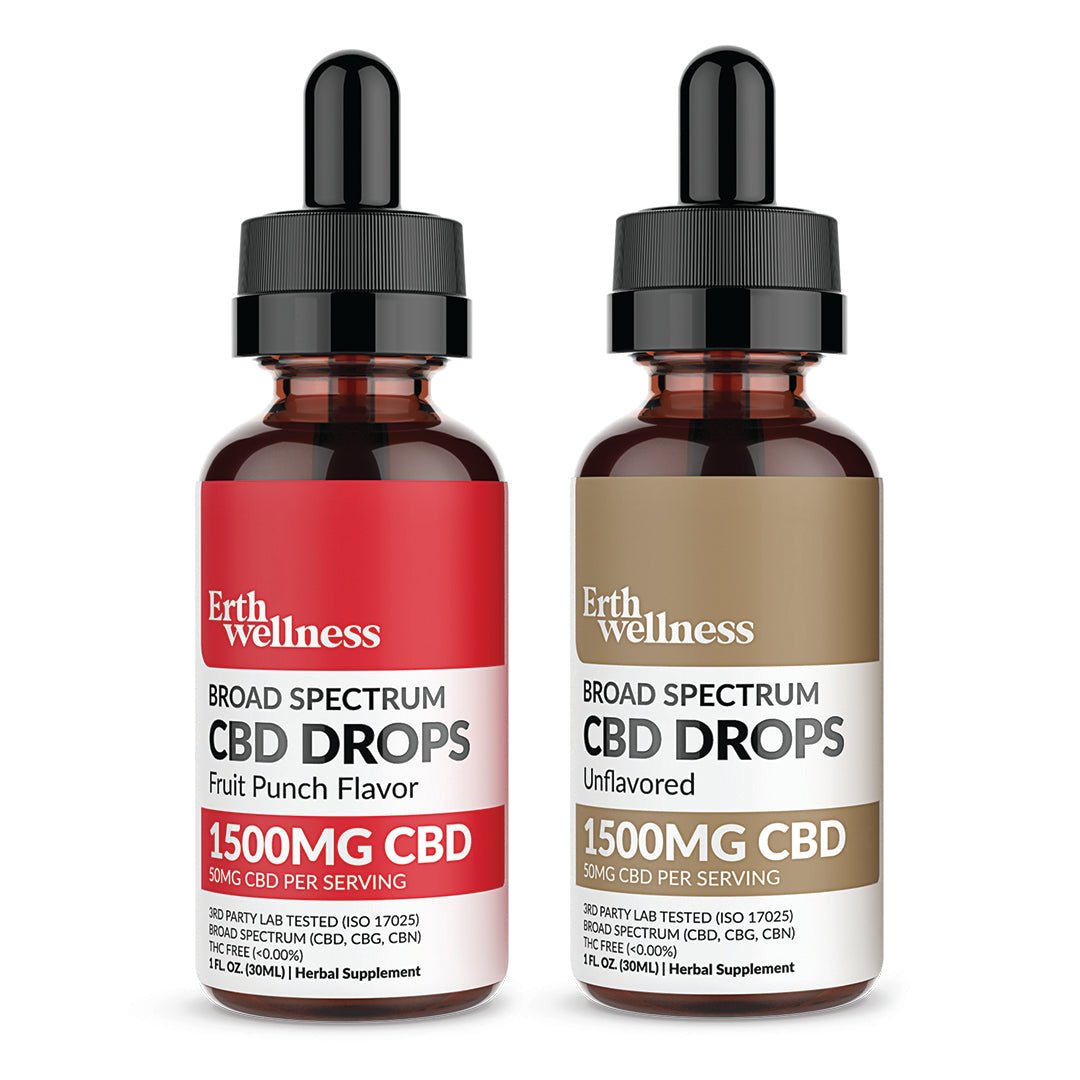
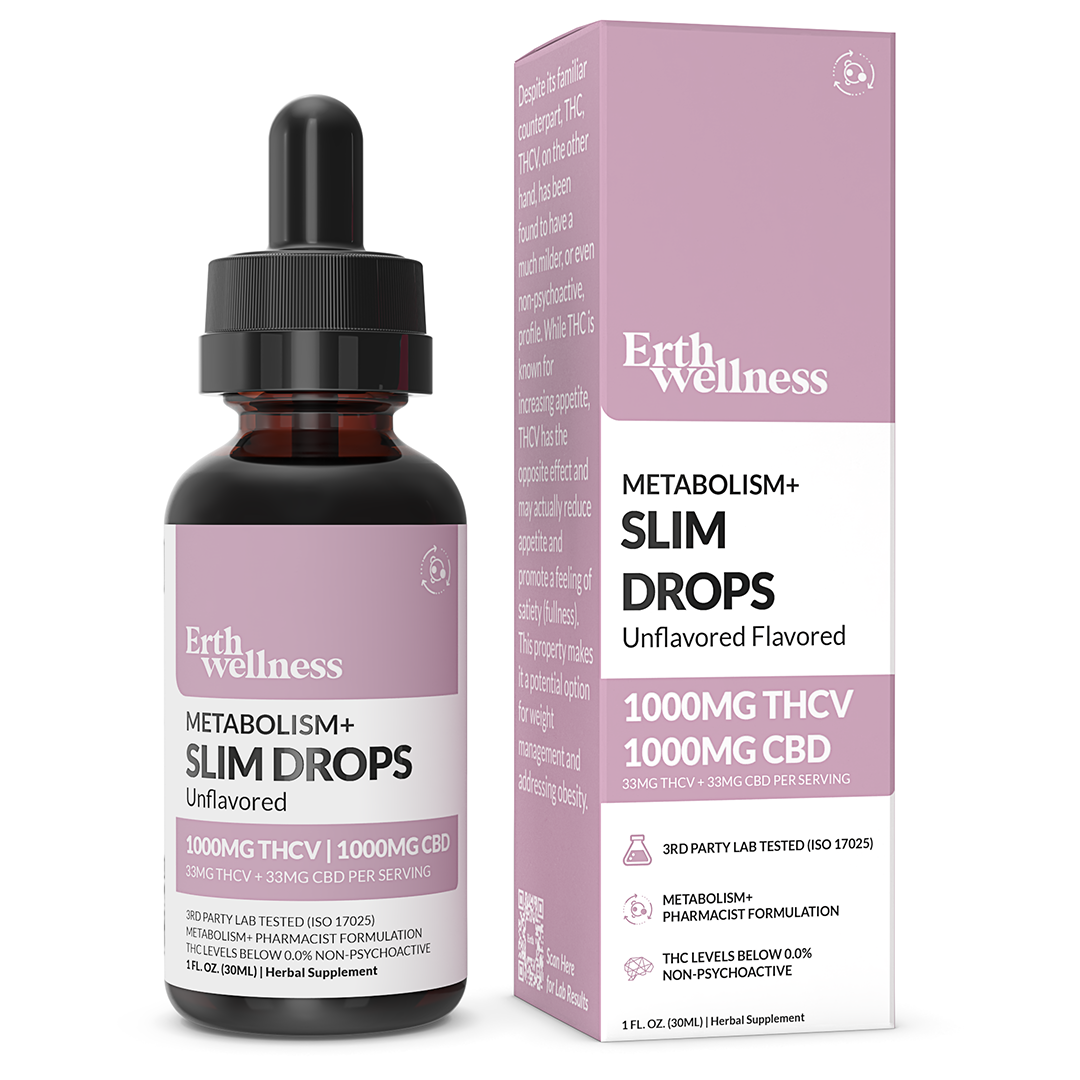
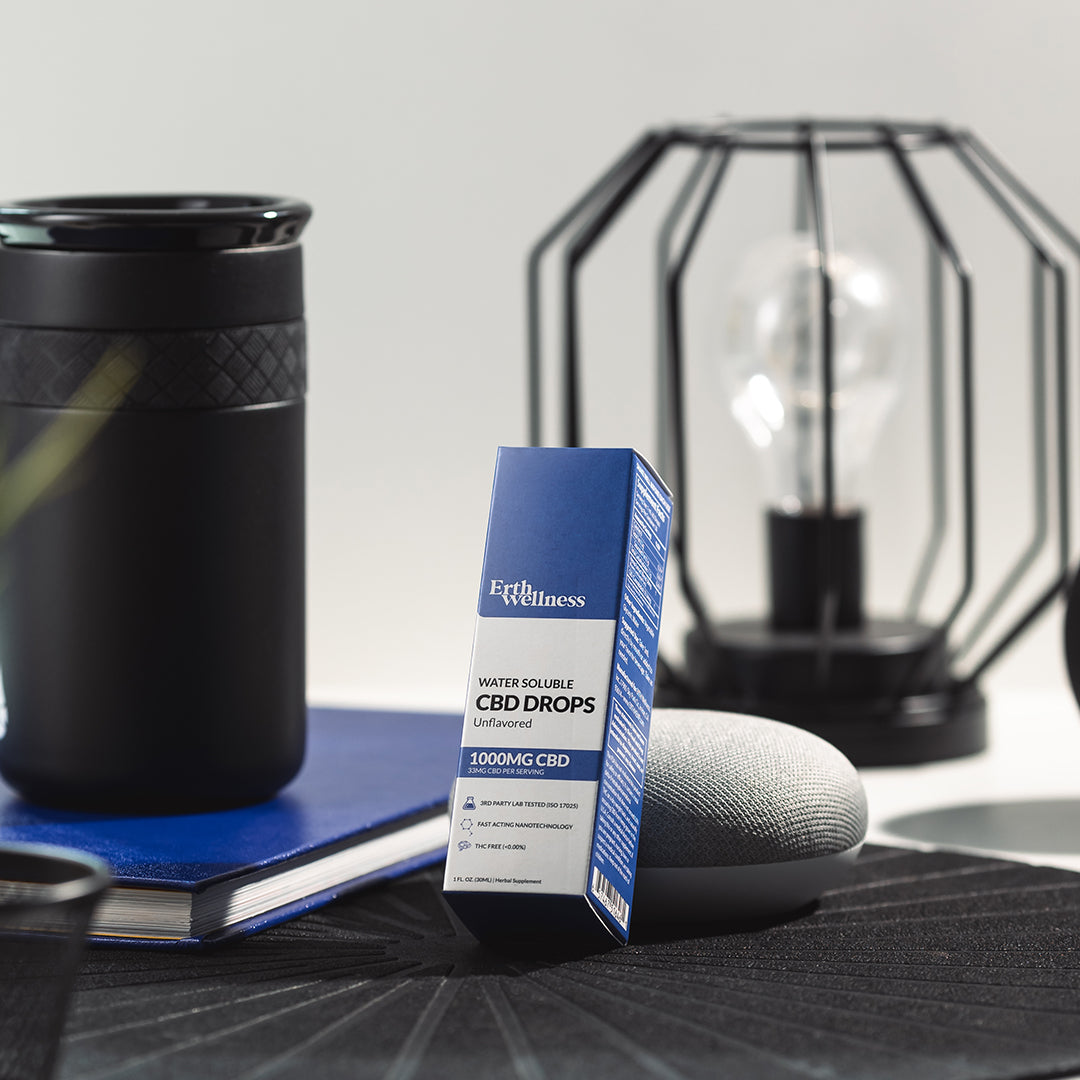
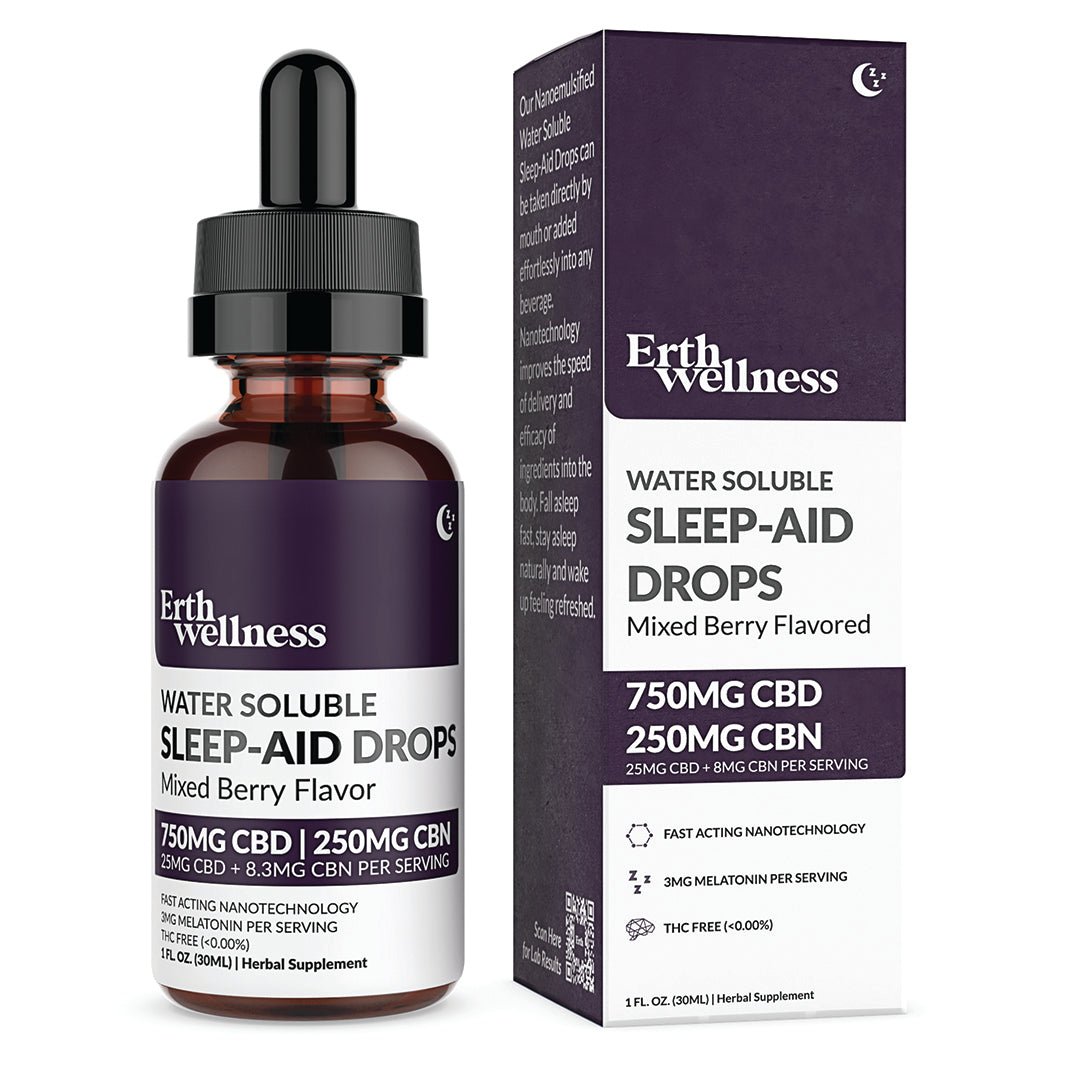
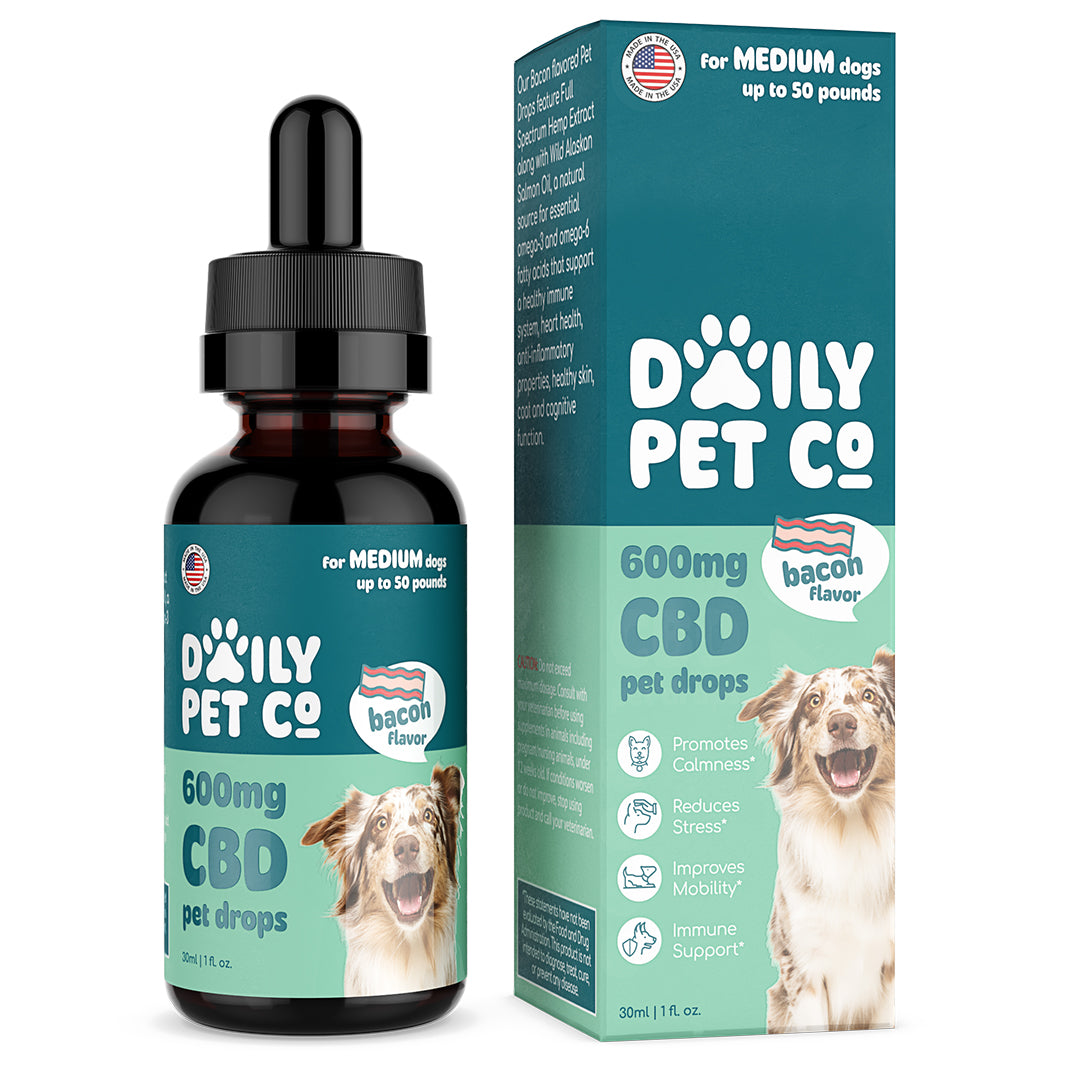

















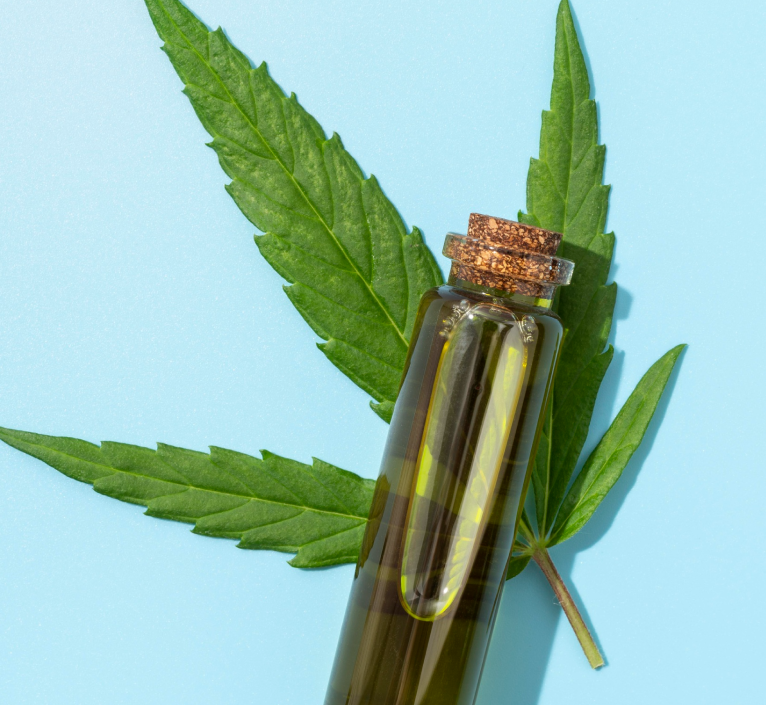
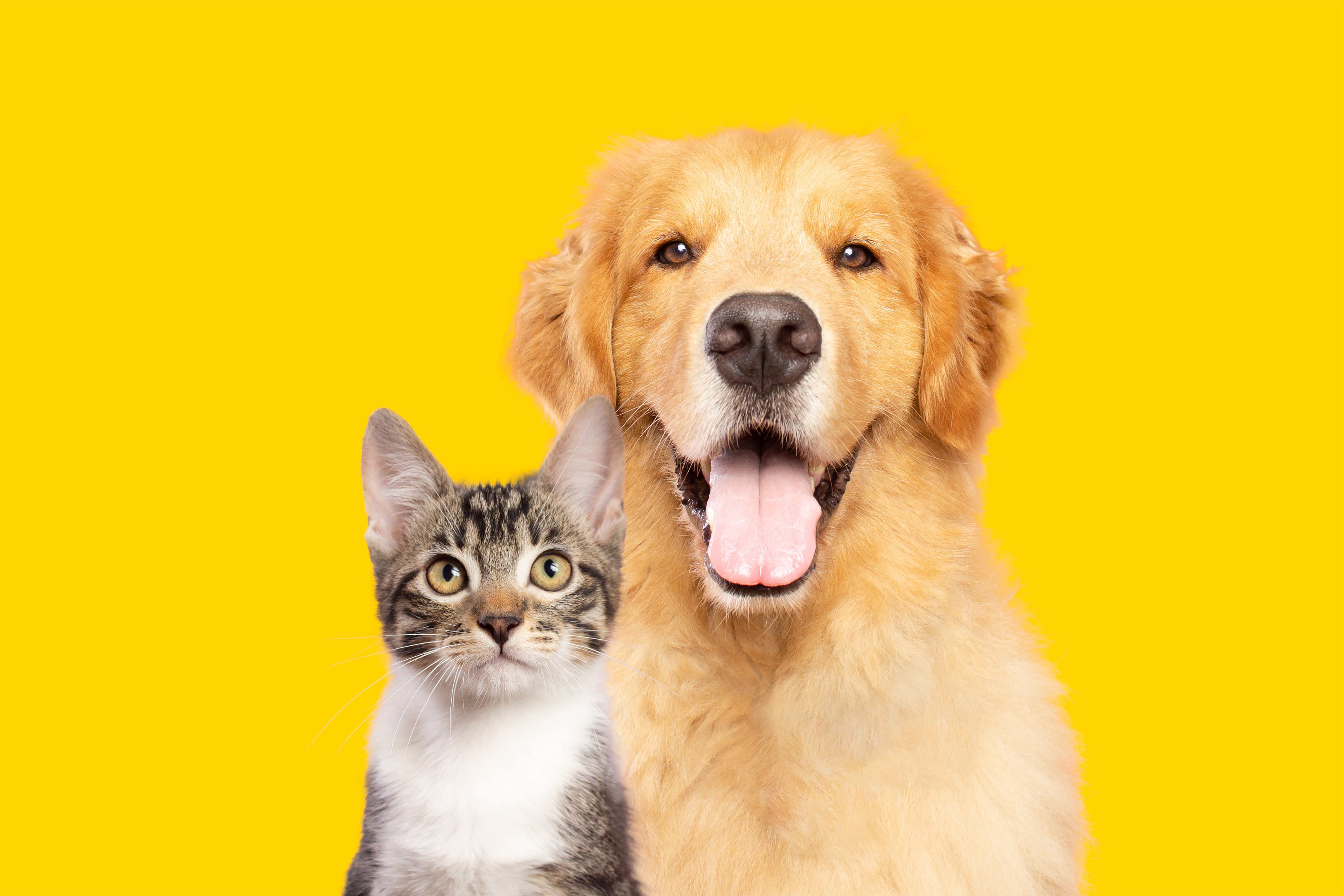






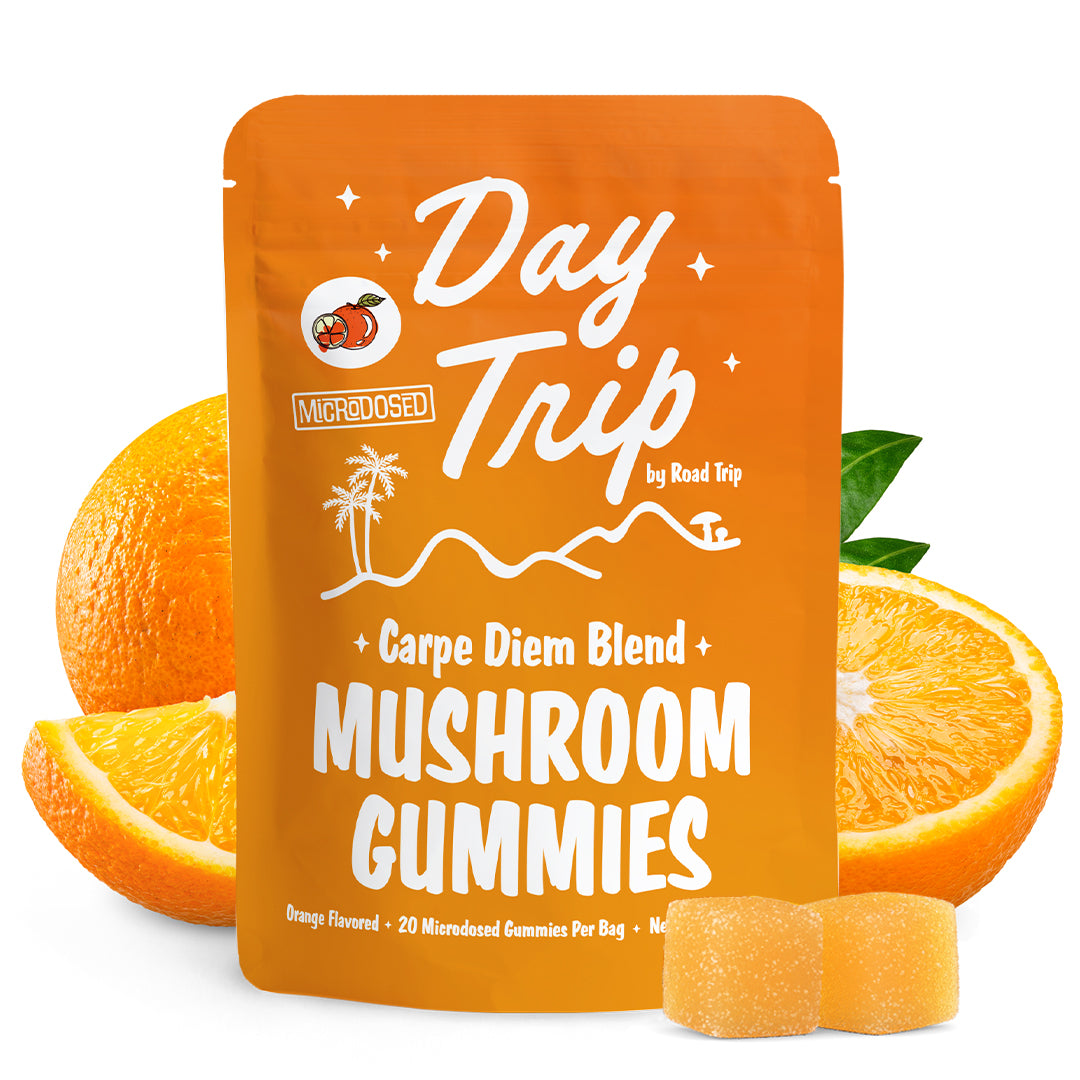
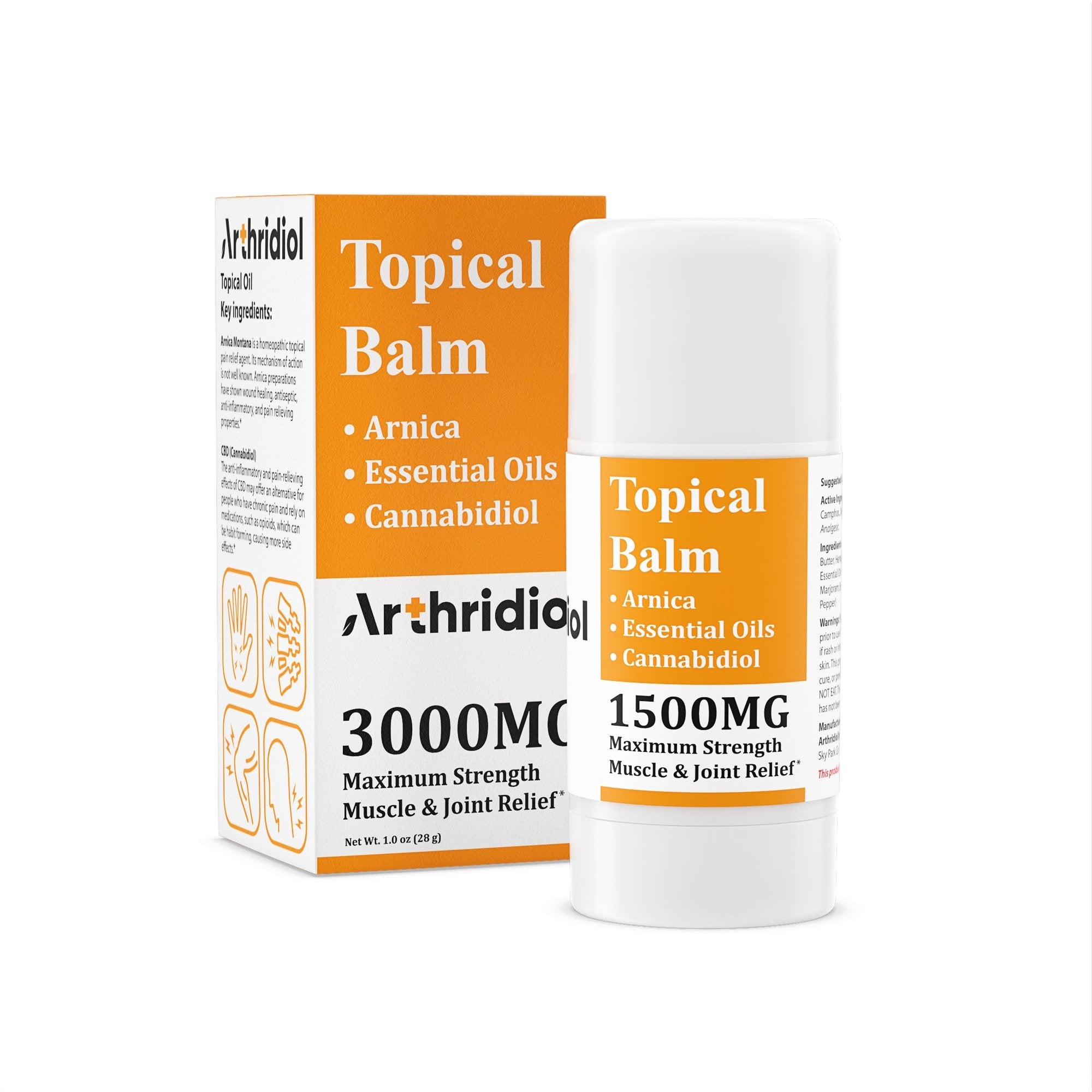
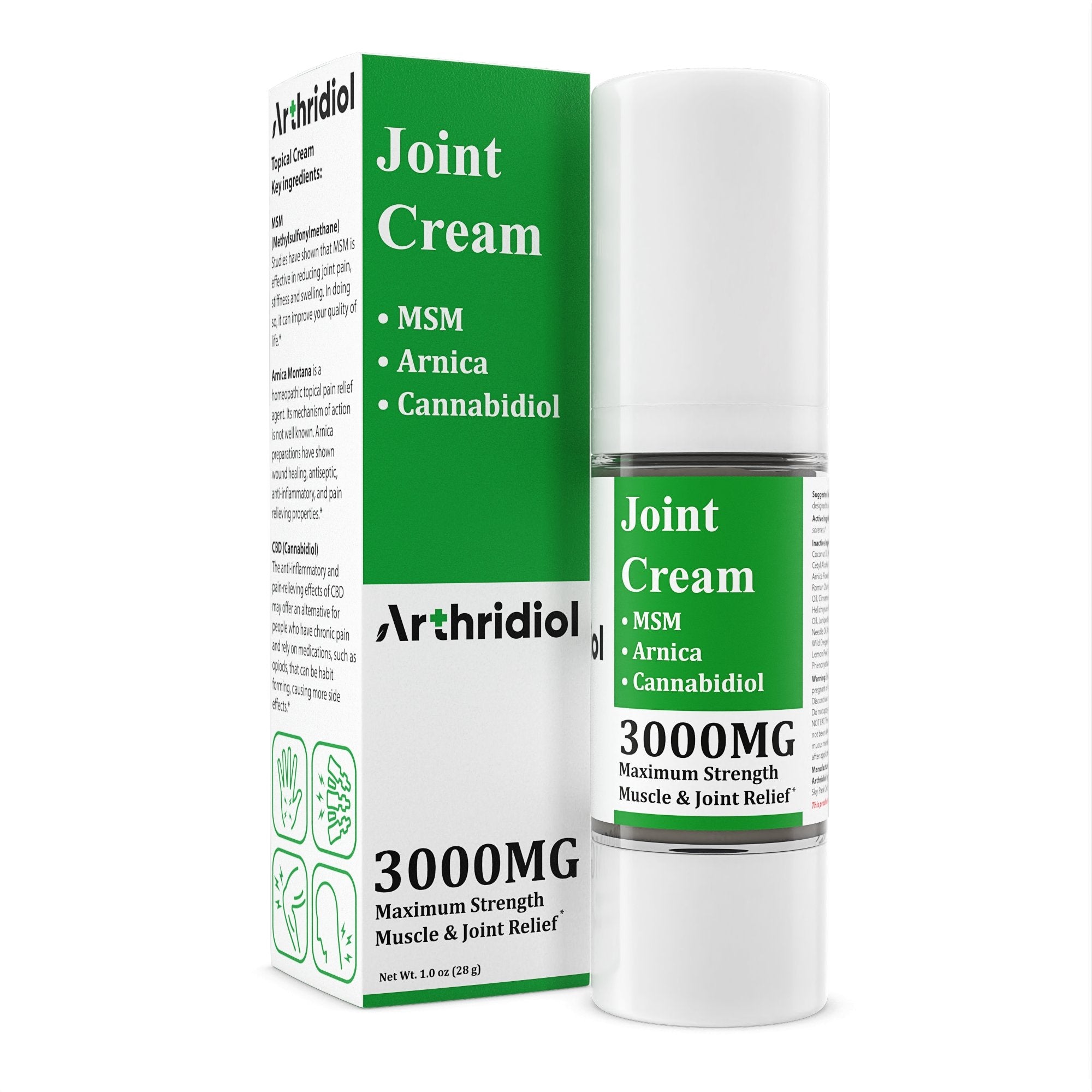
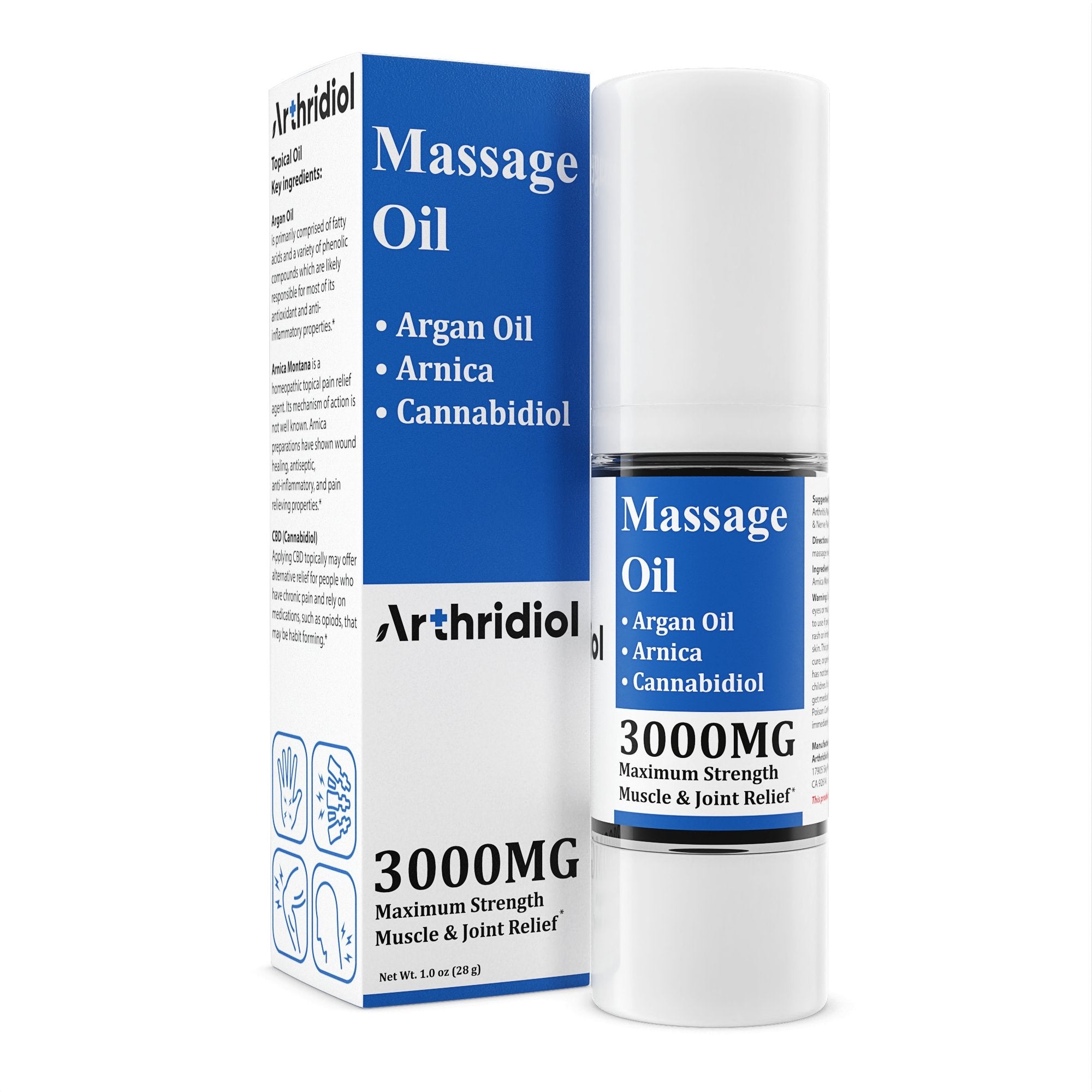
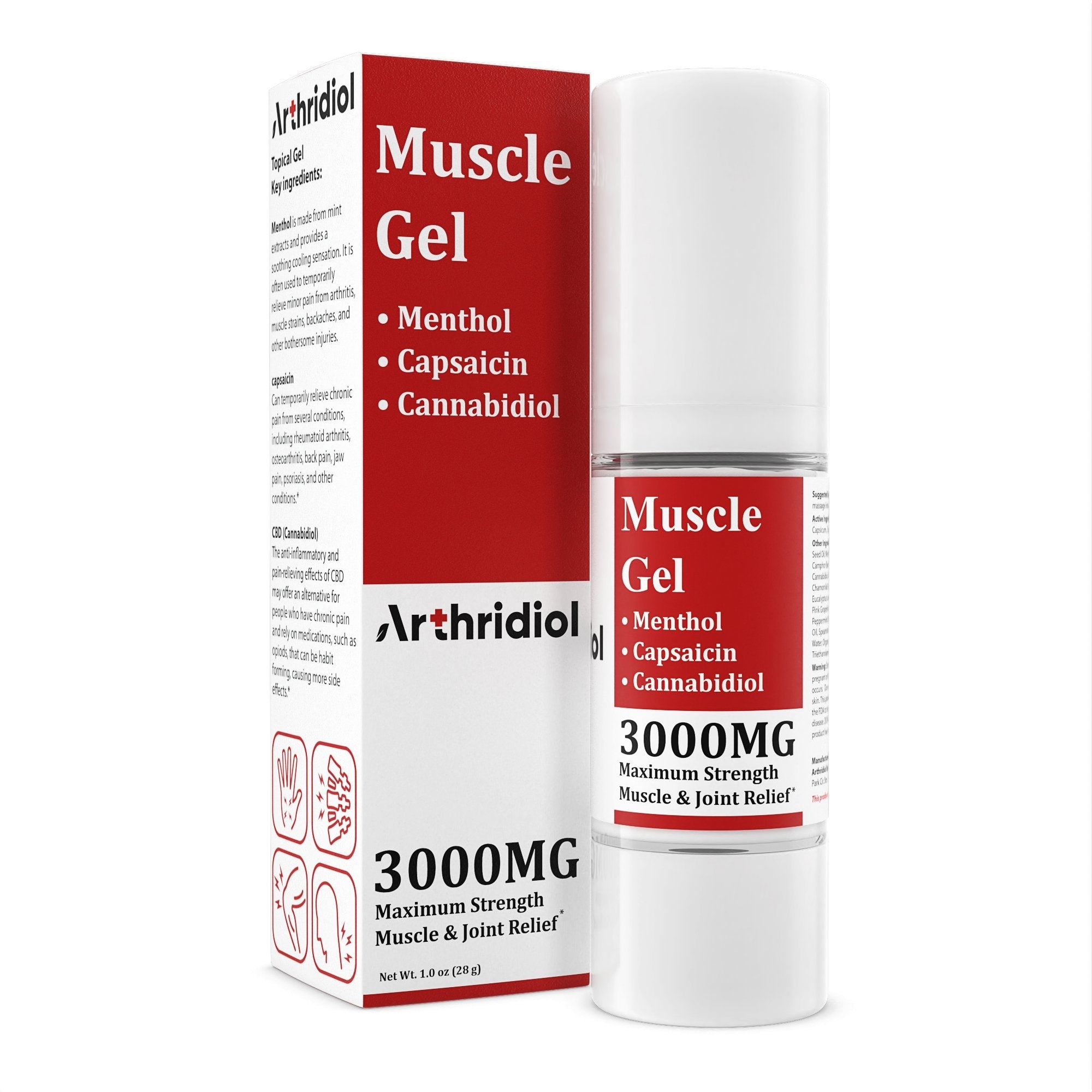
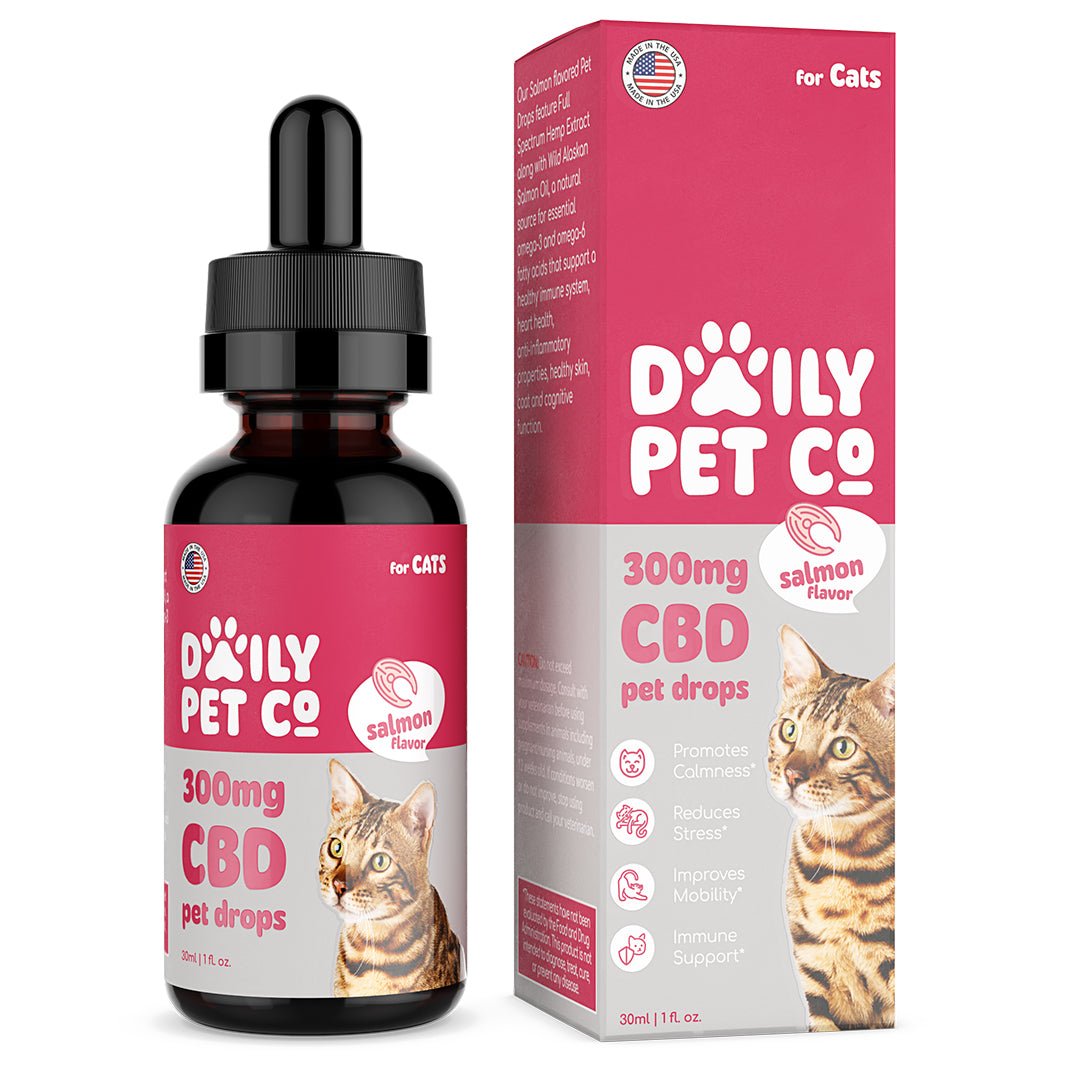

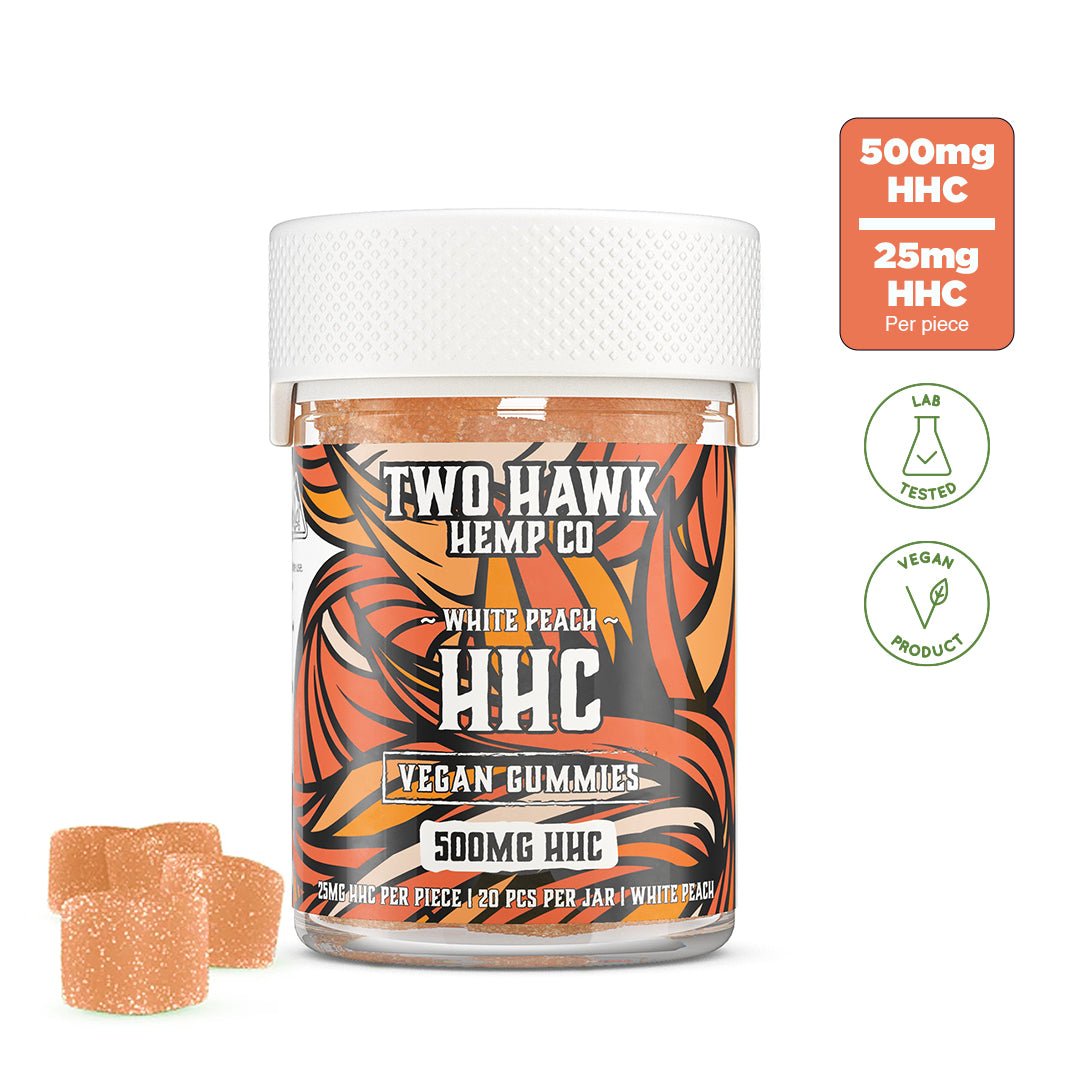
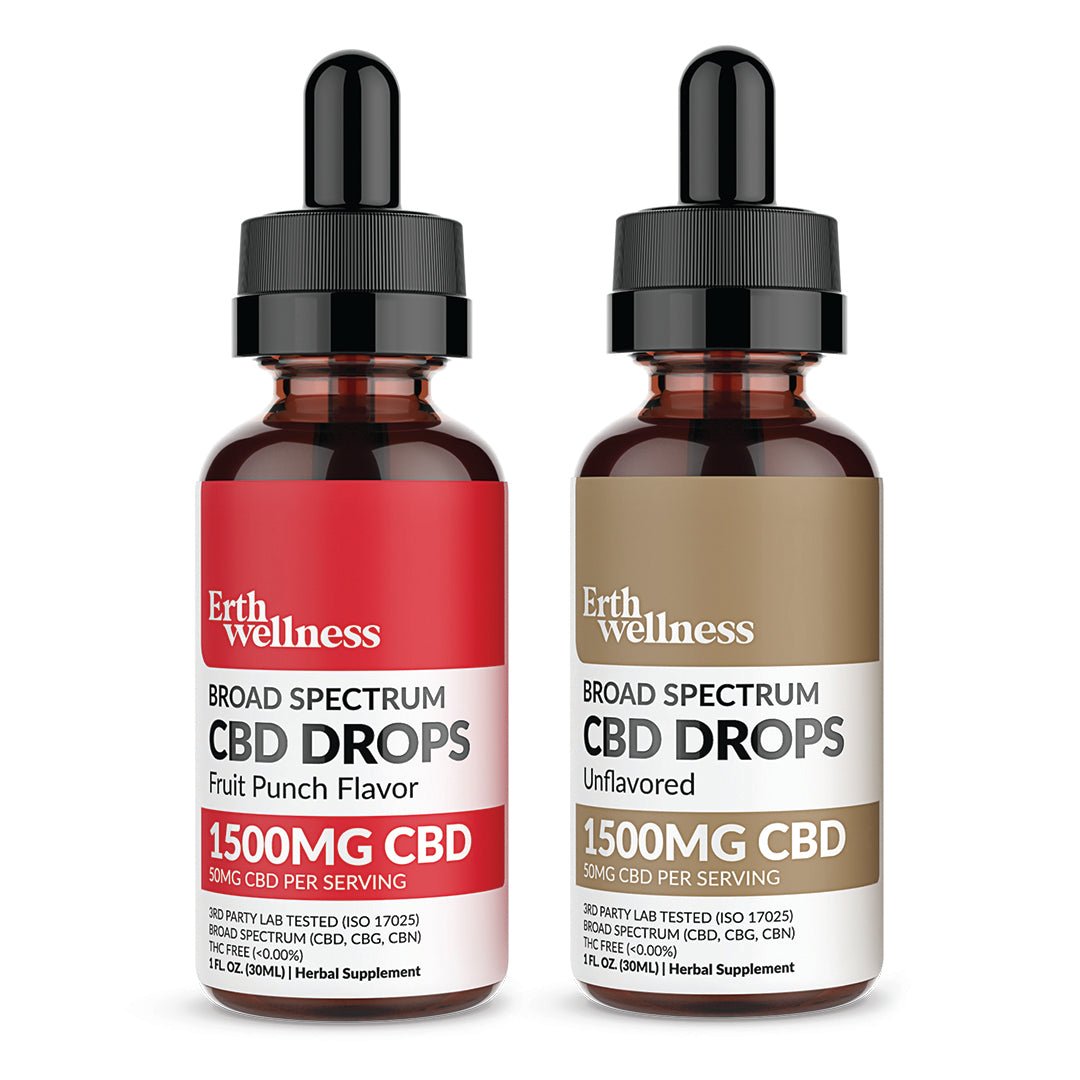
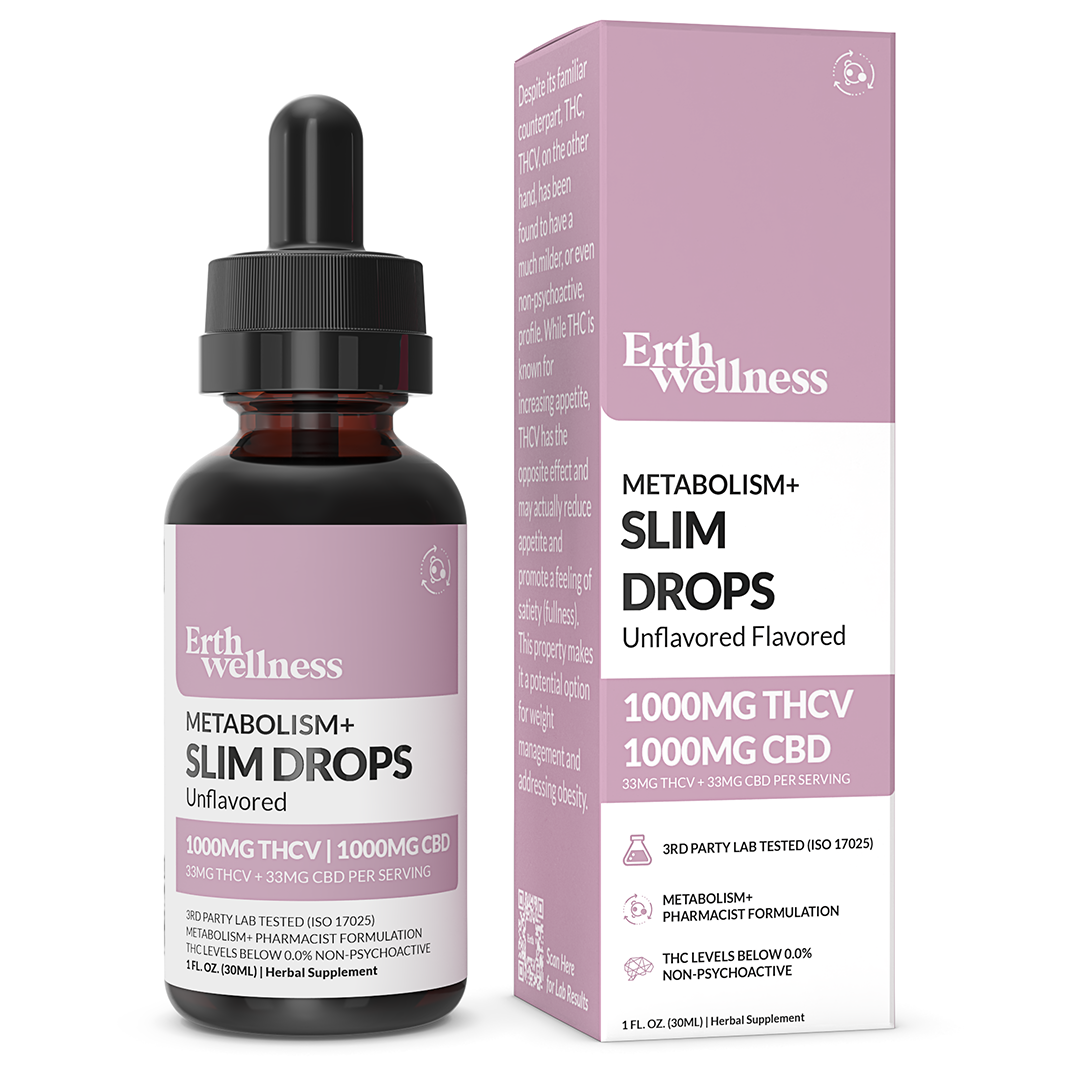
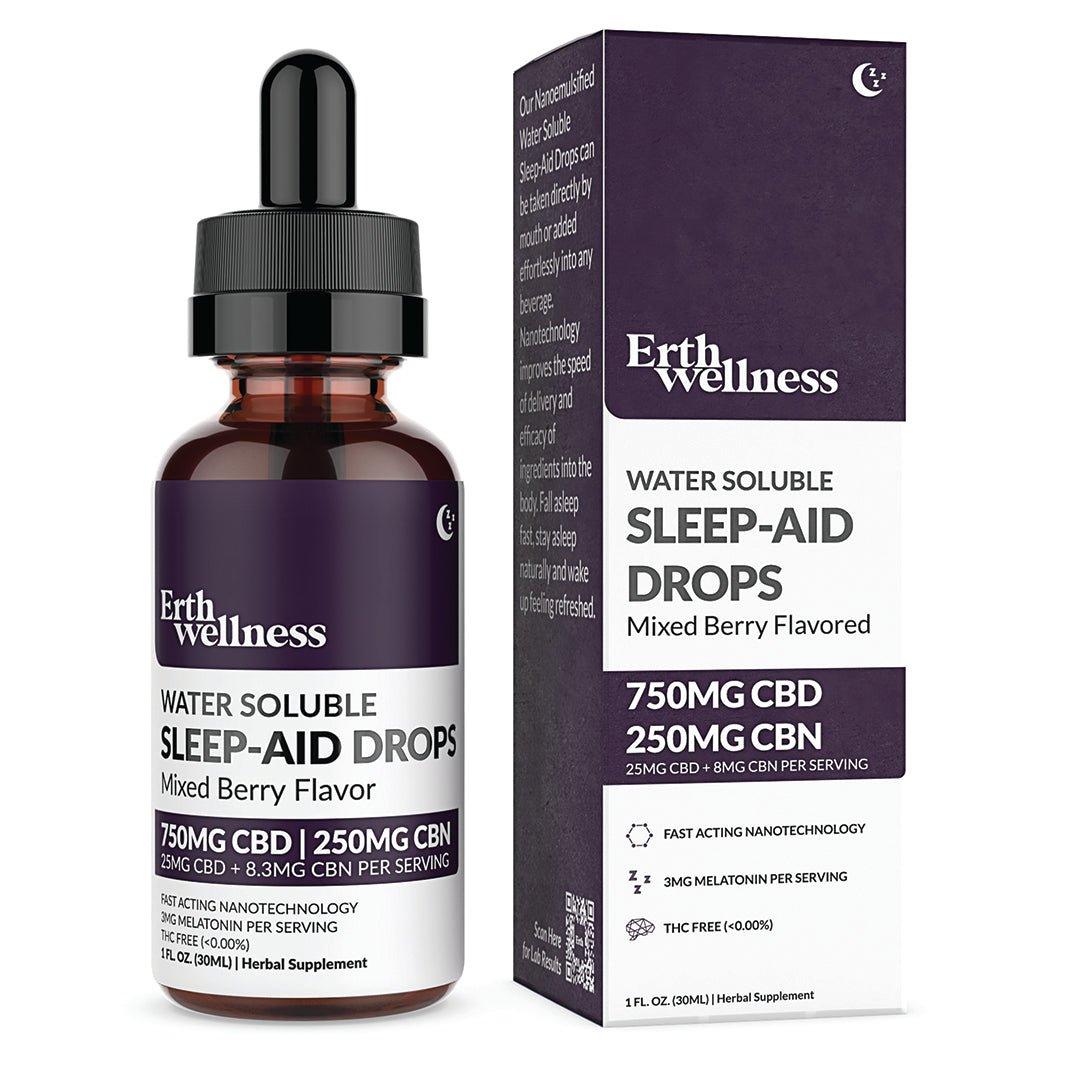
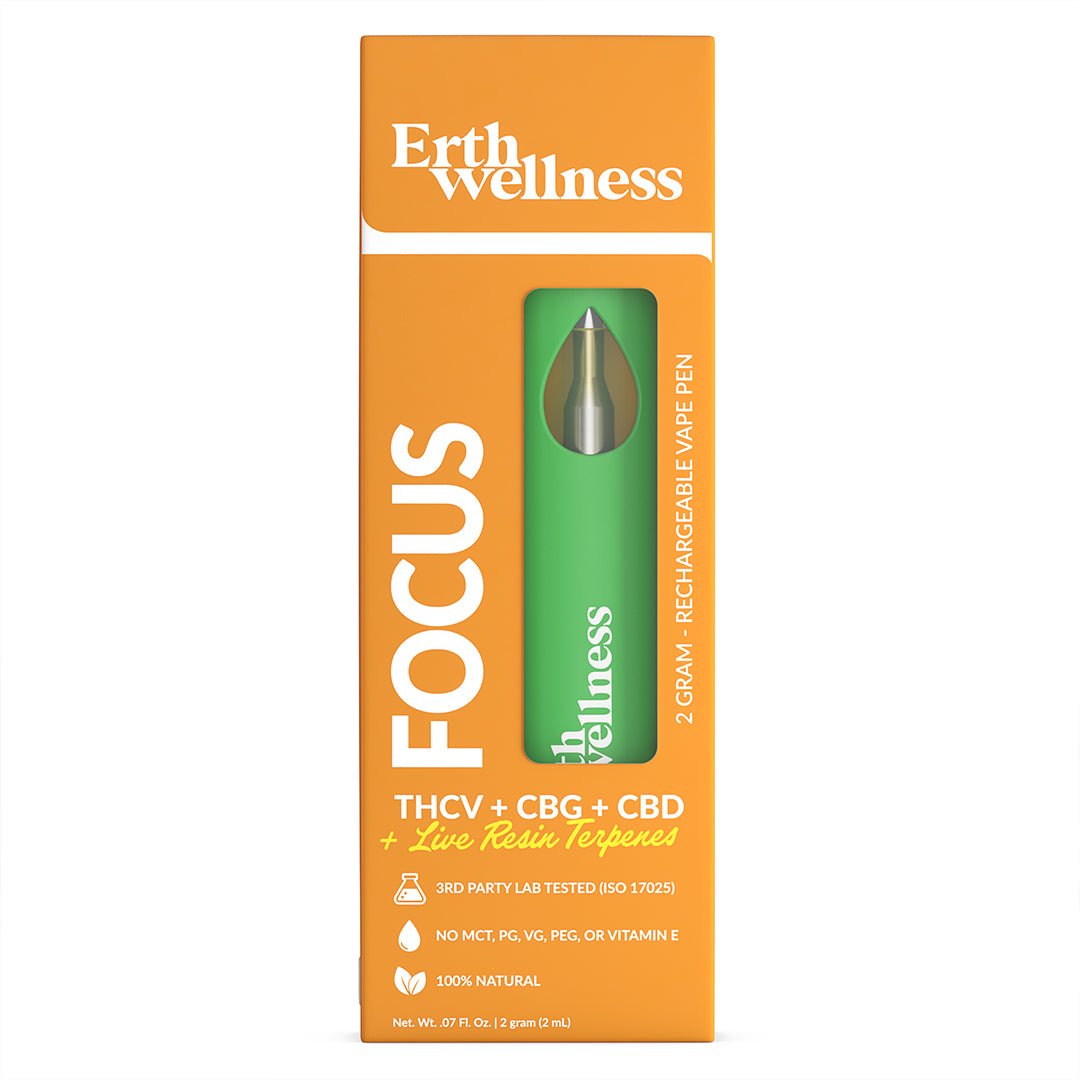
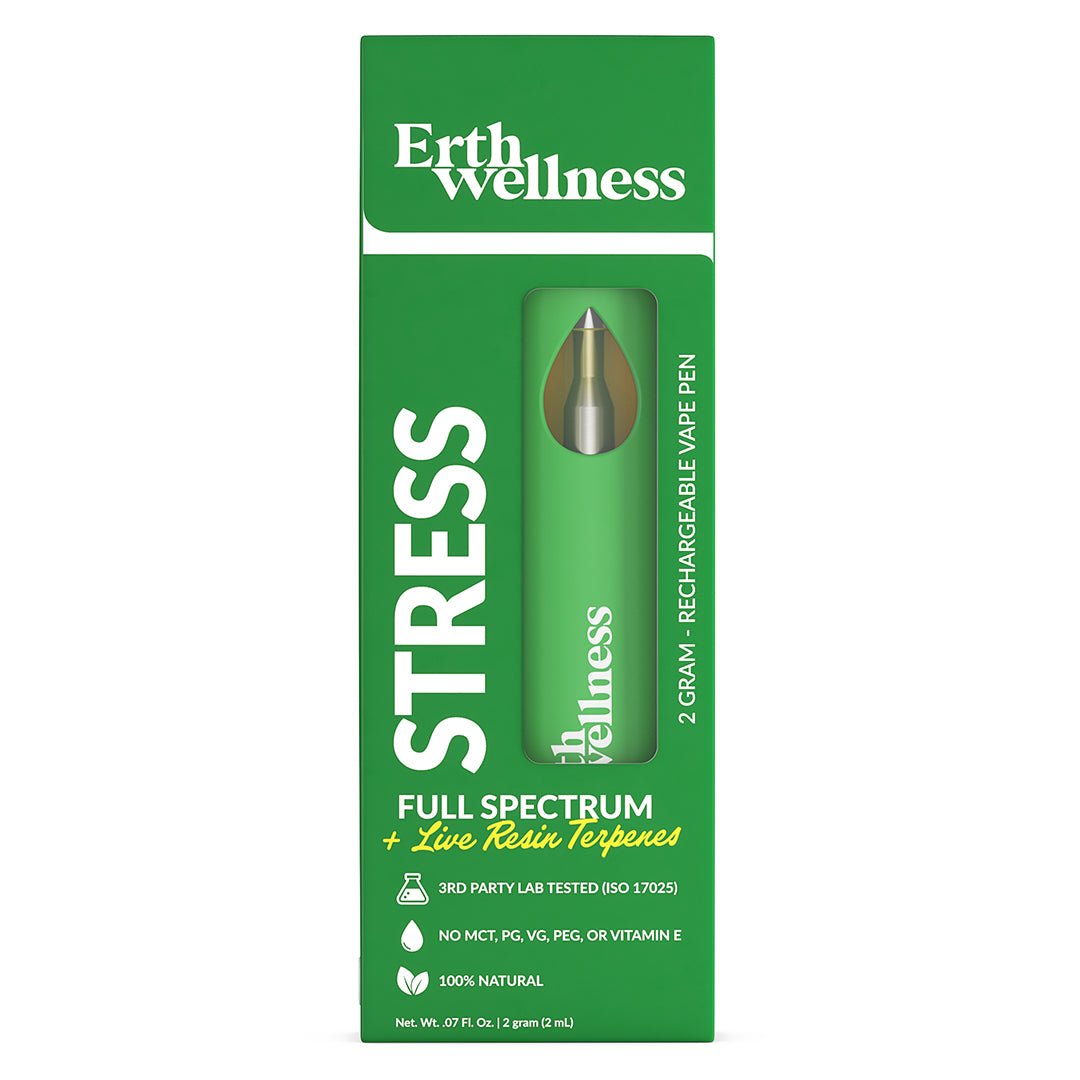
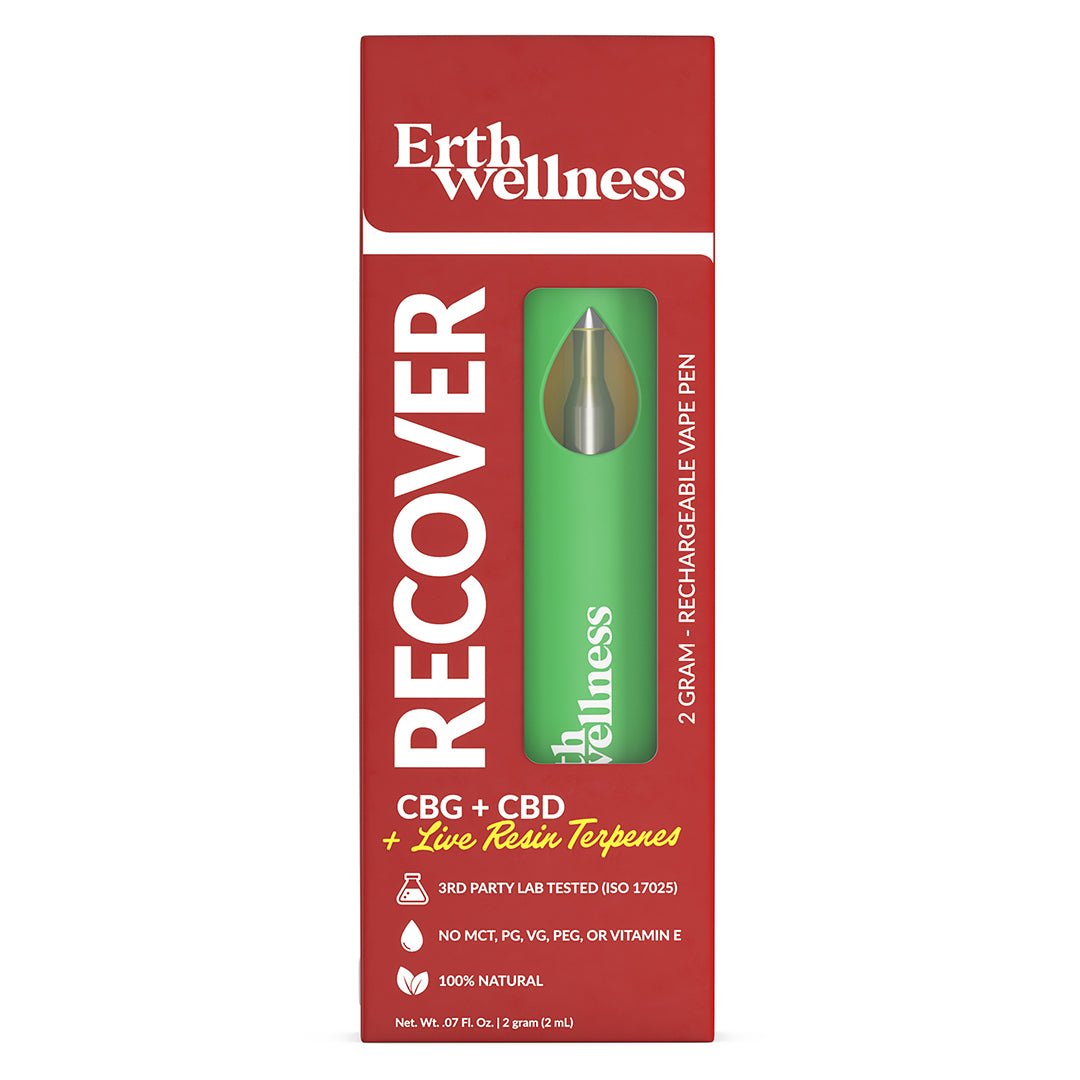
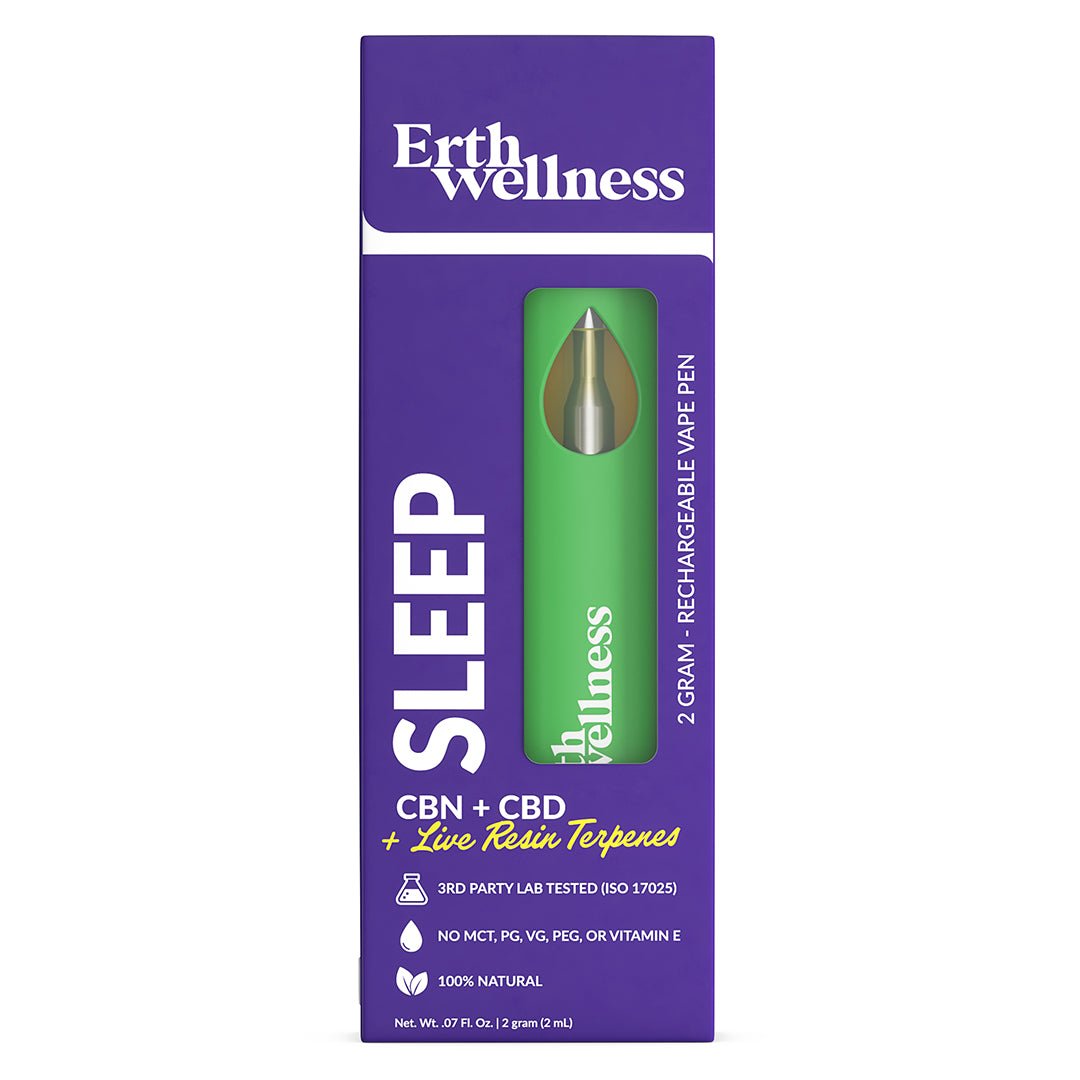
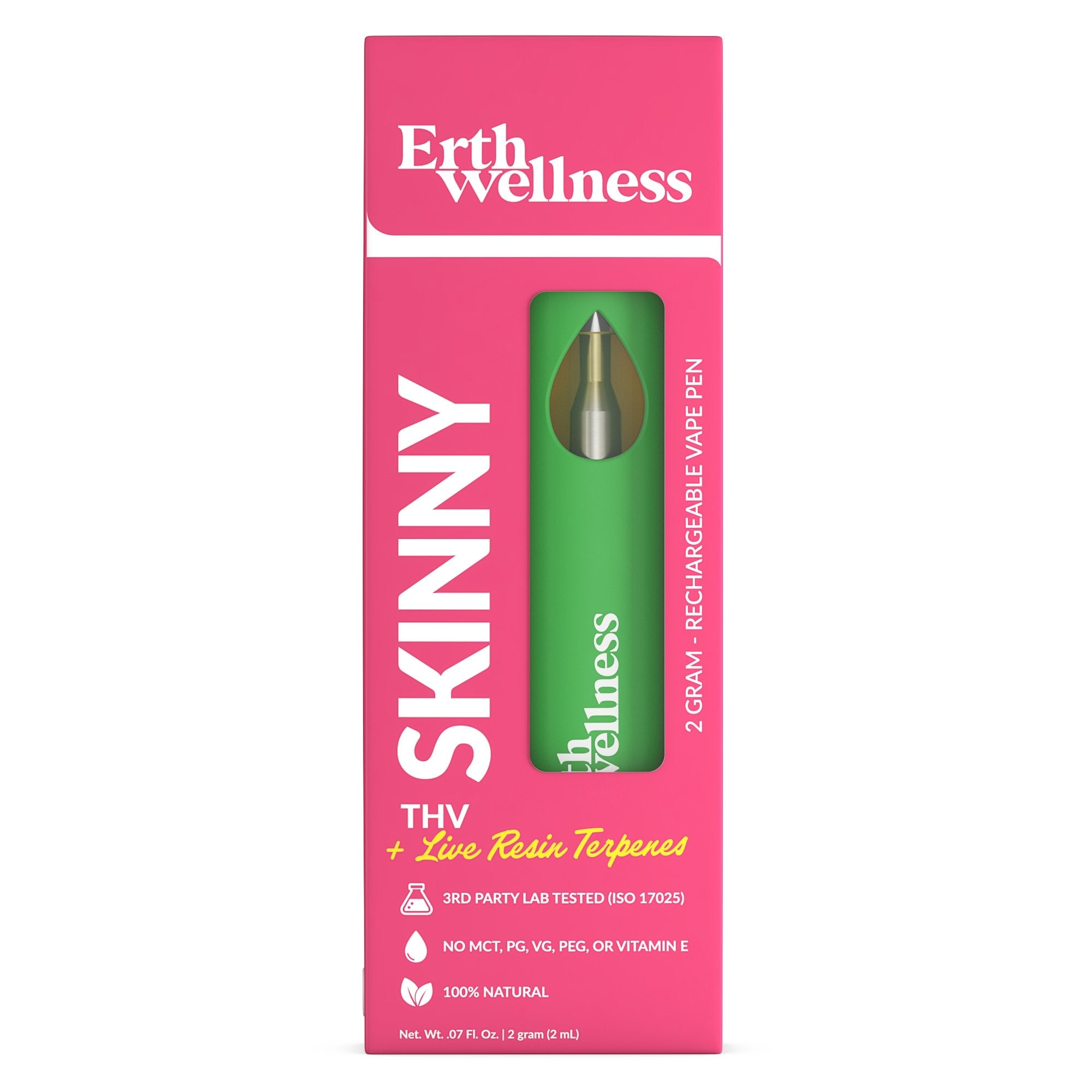
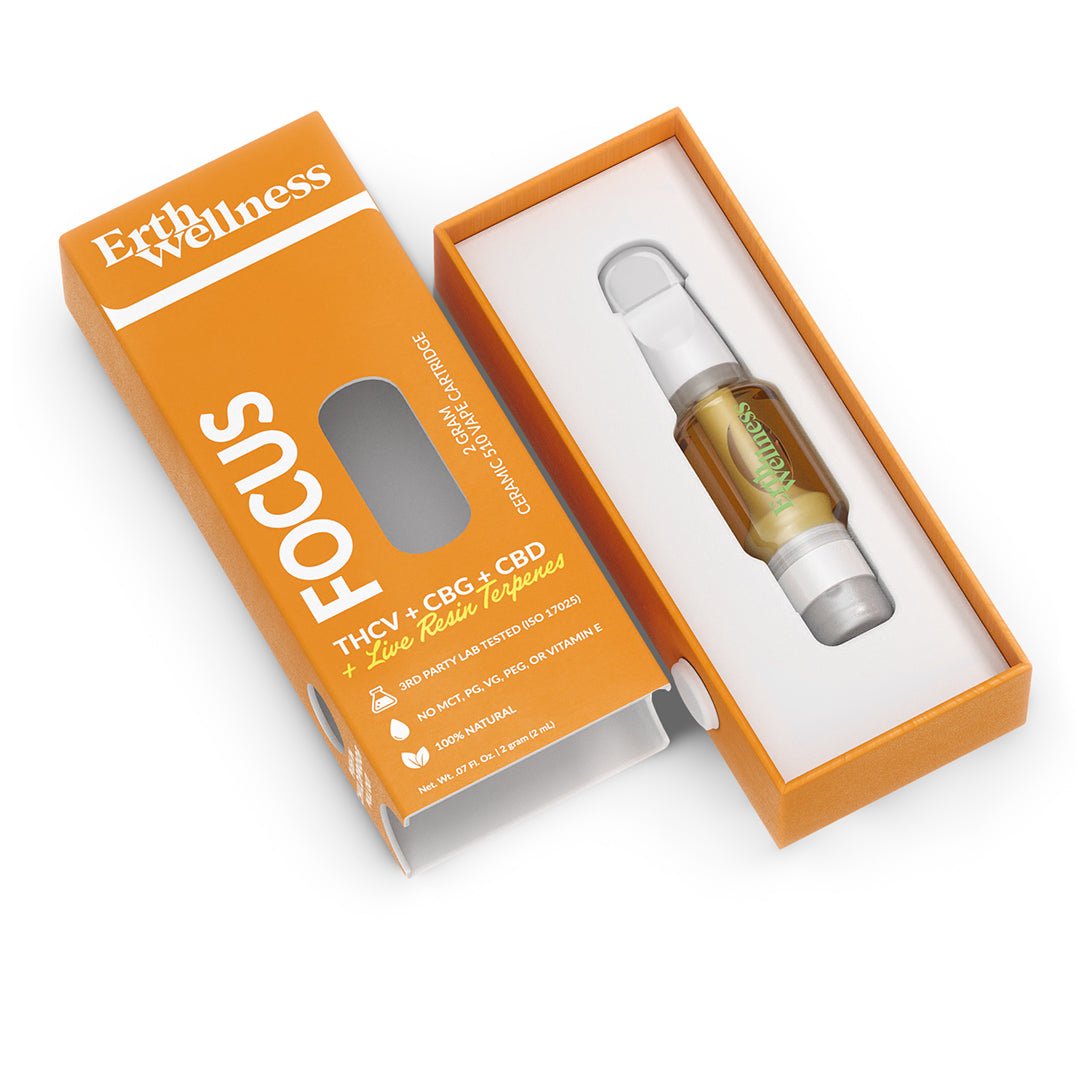
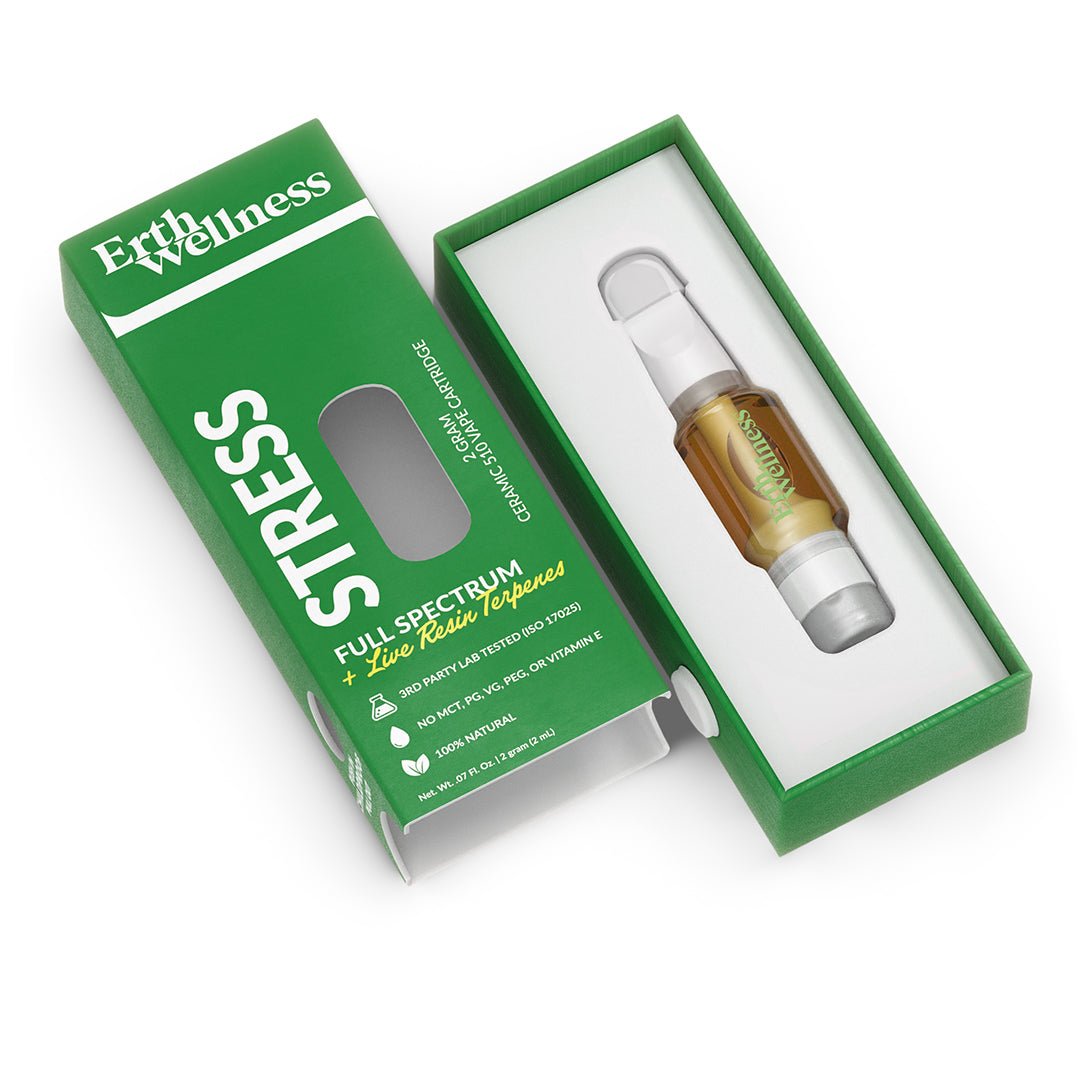
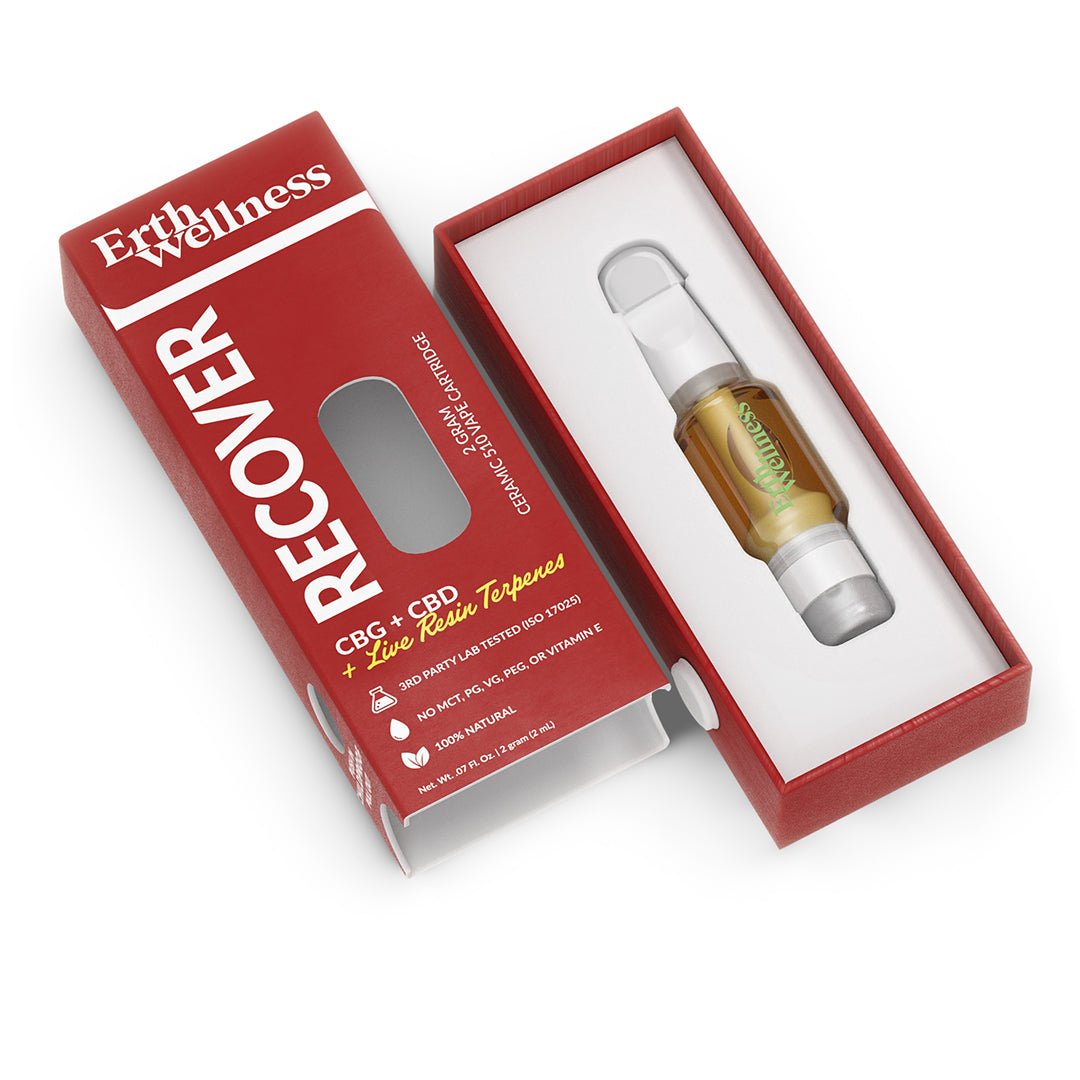
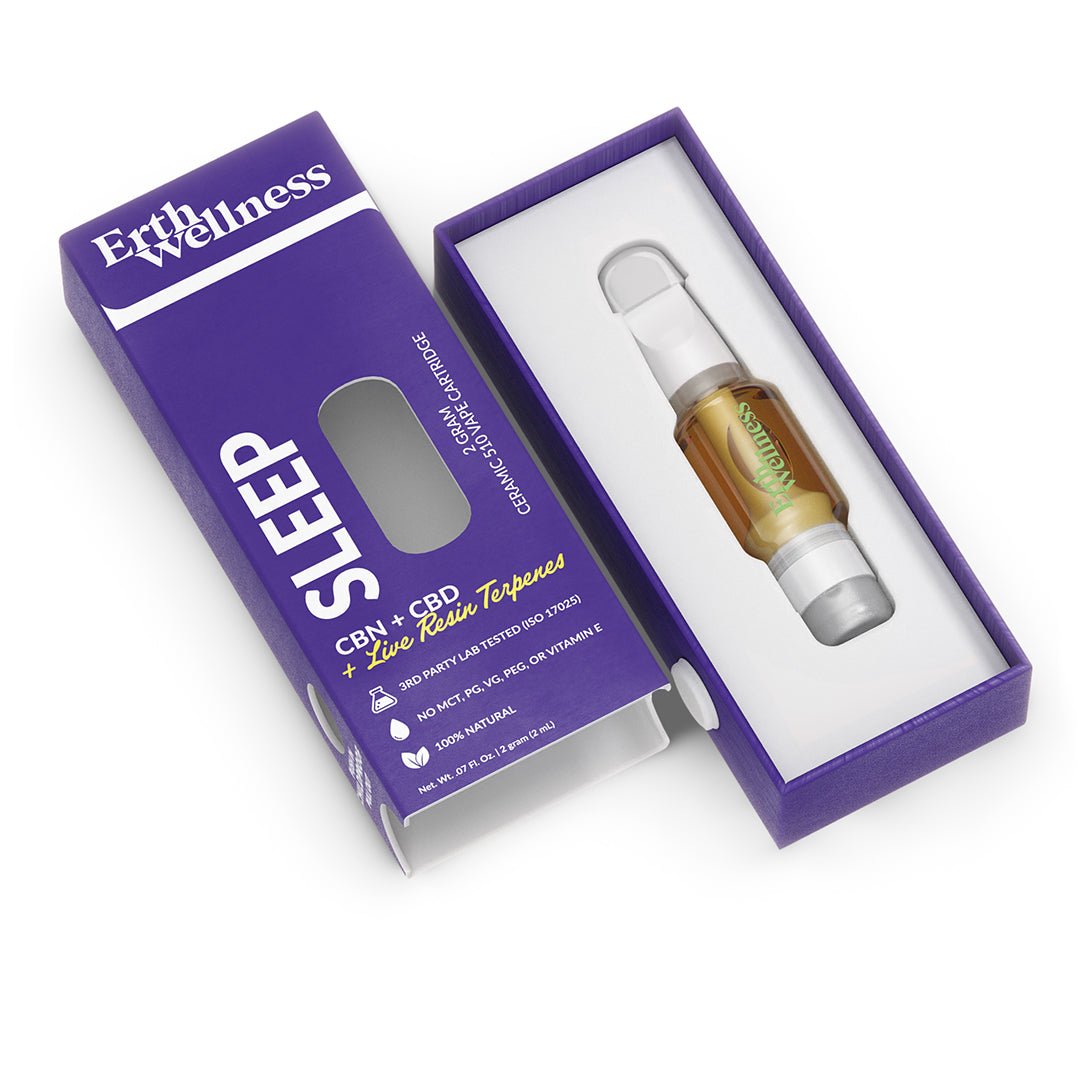
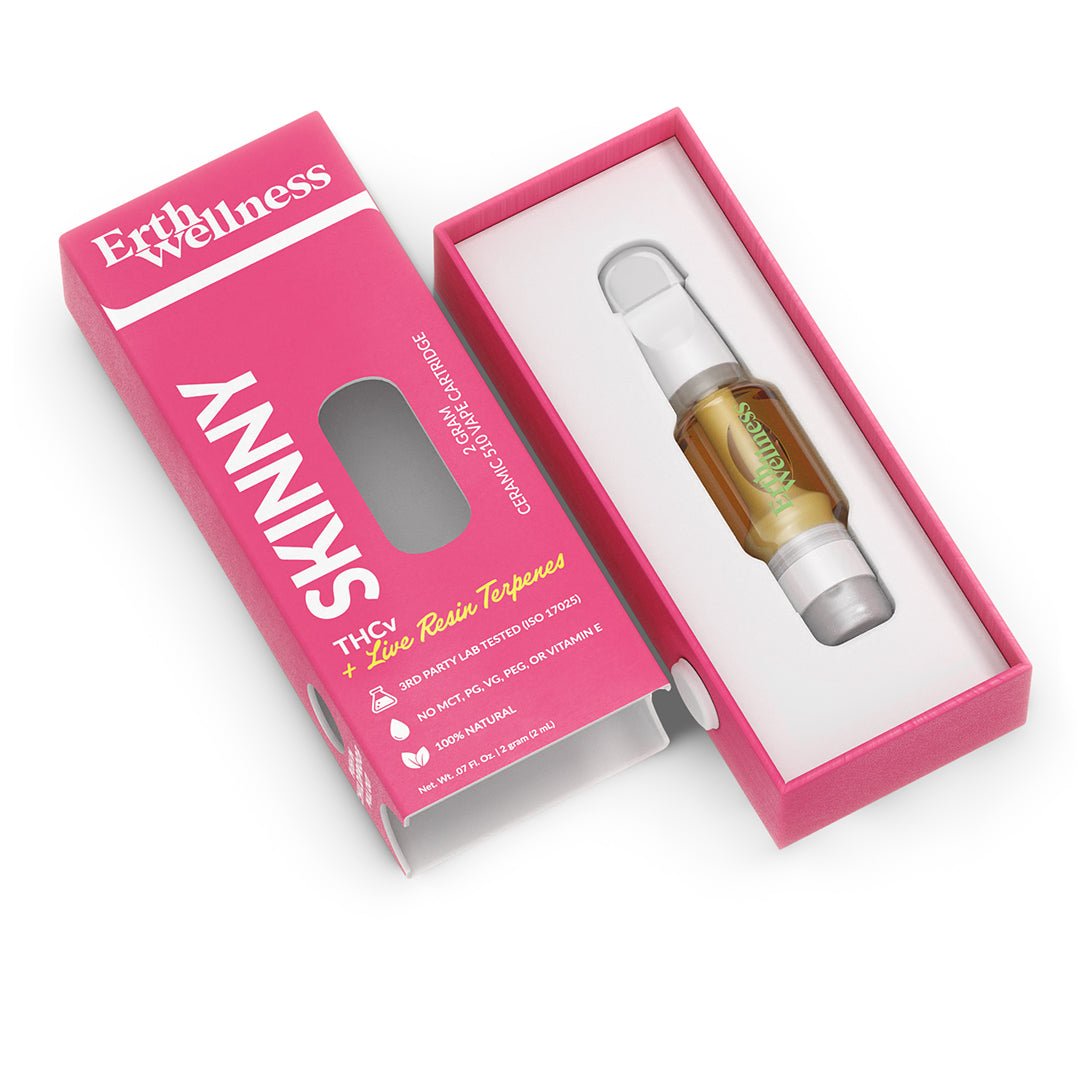



1 comment
I think it’s great that you offer an alternative for my toy Shitpoo too. He loves weed, hates the high and because he is a rescue he benefits greatly from it.